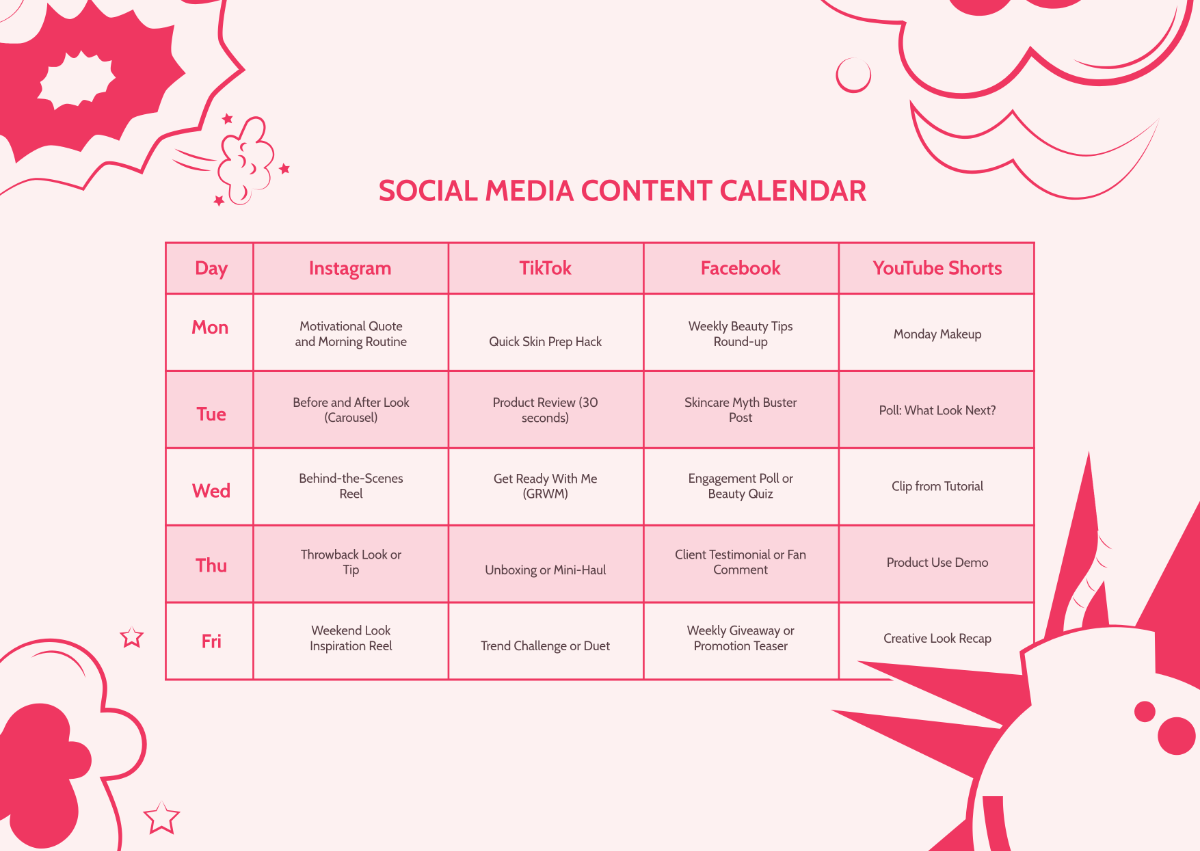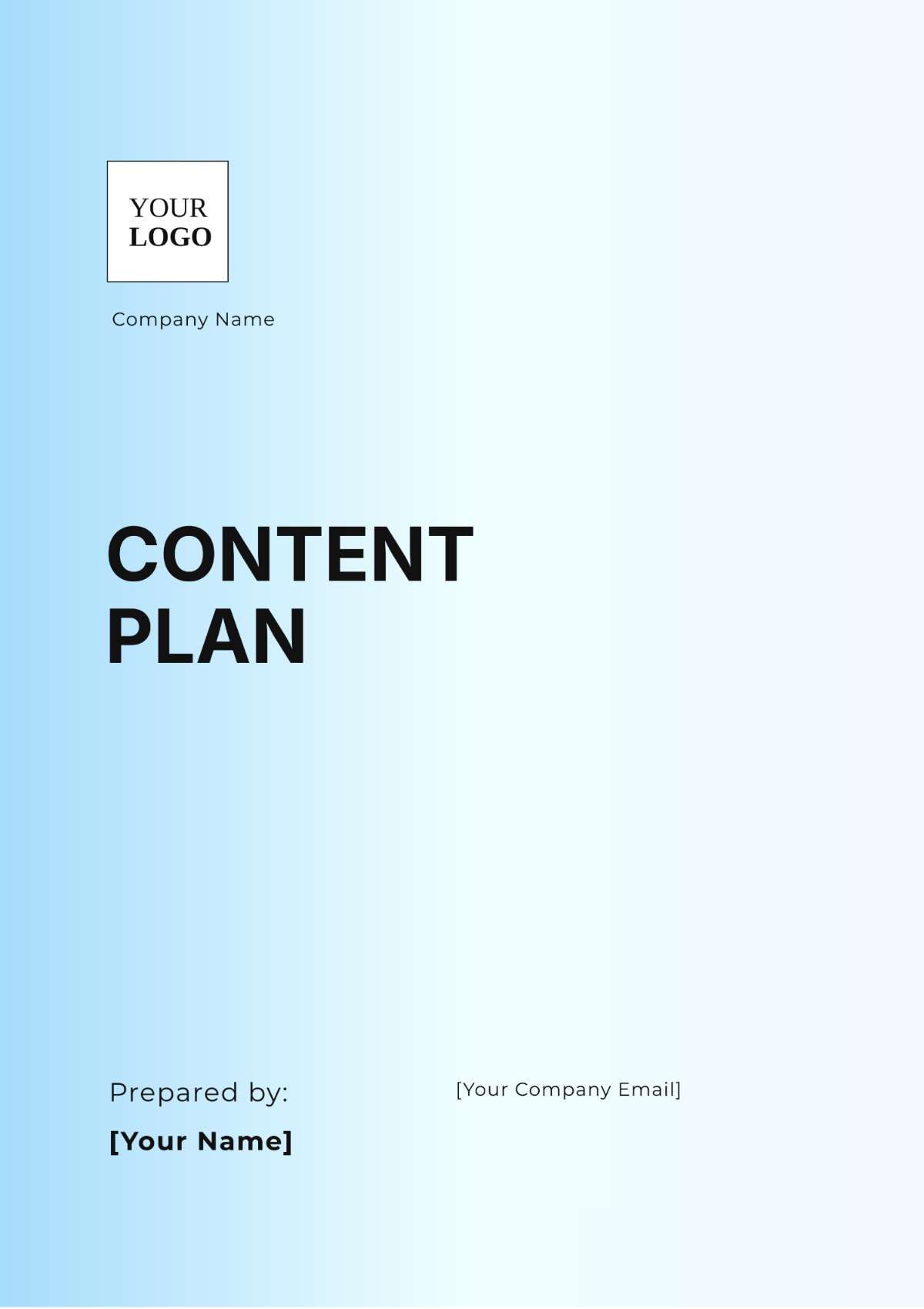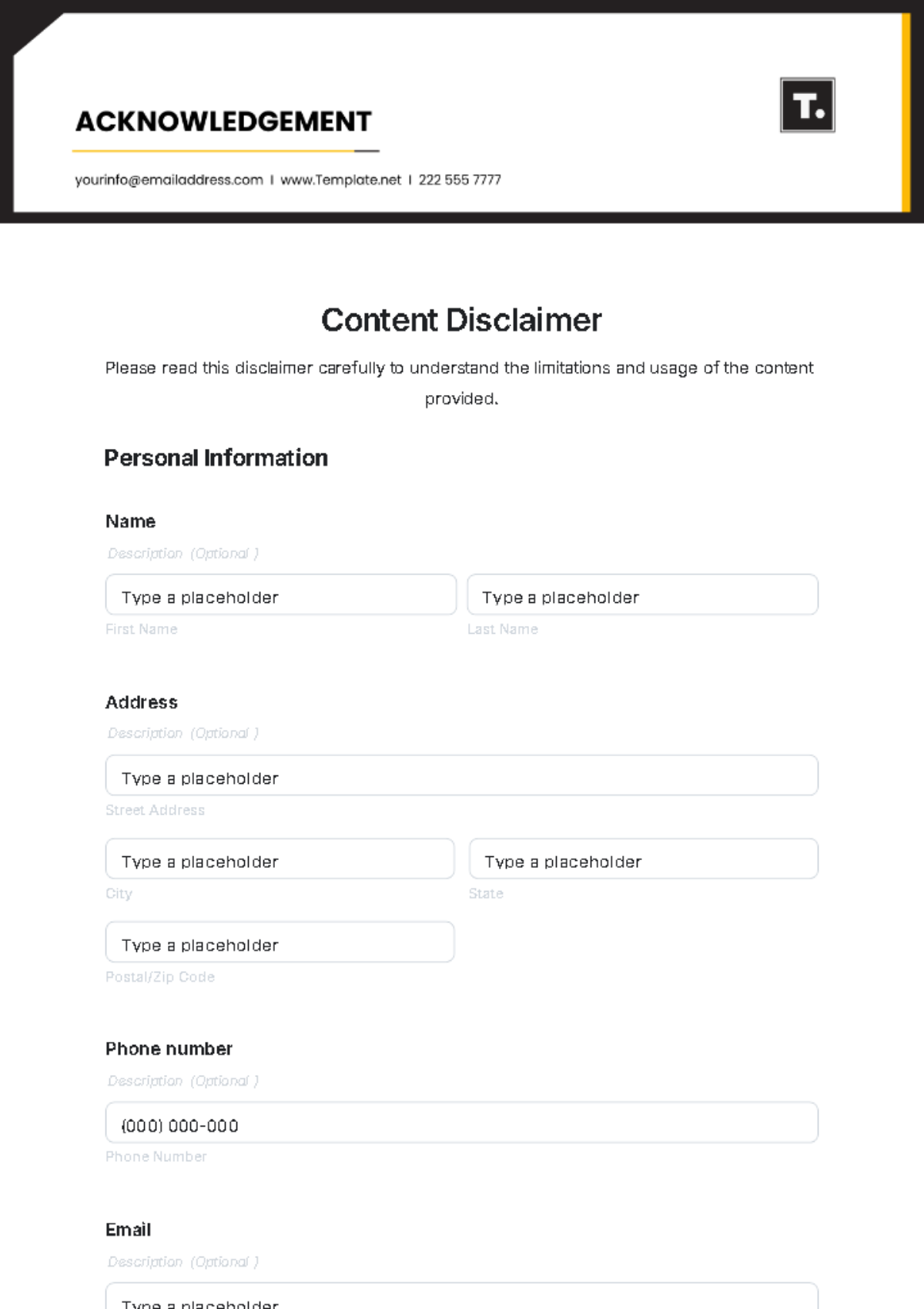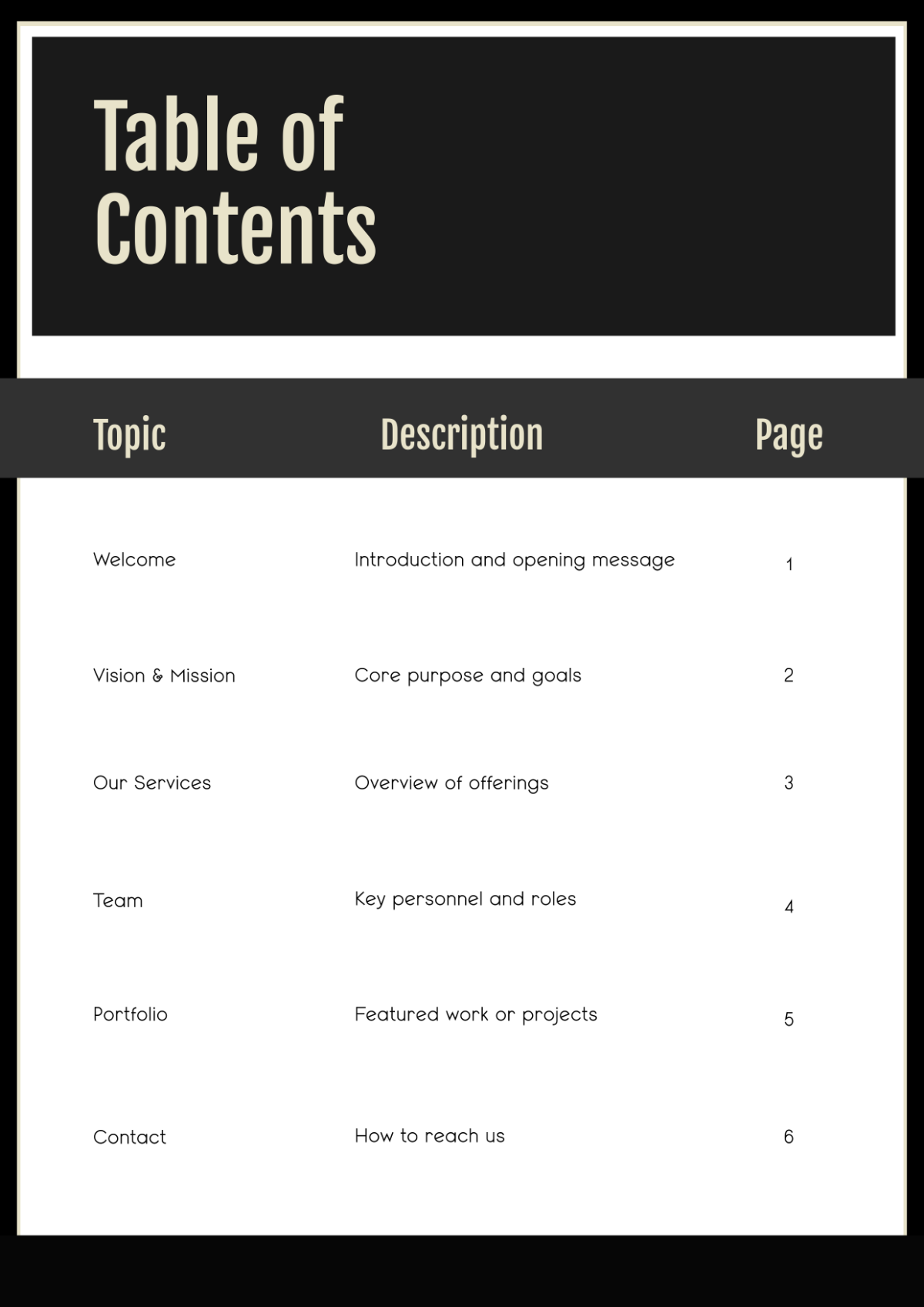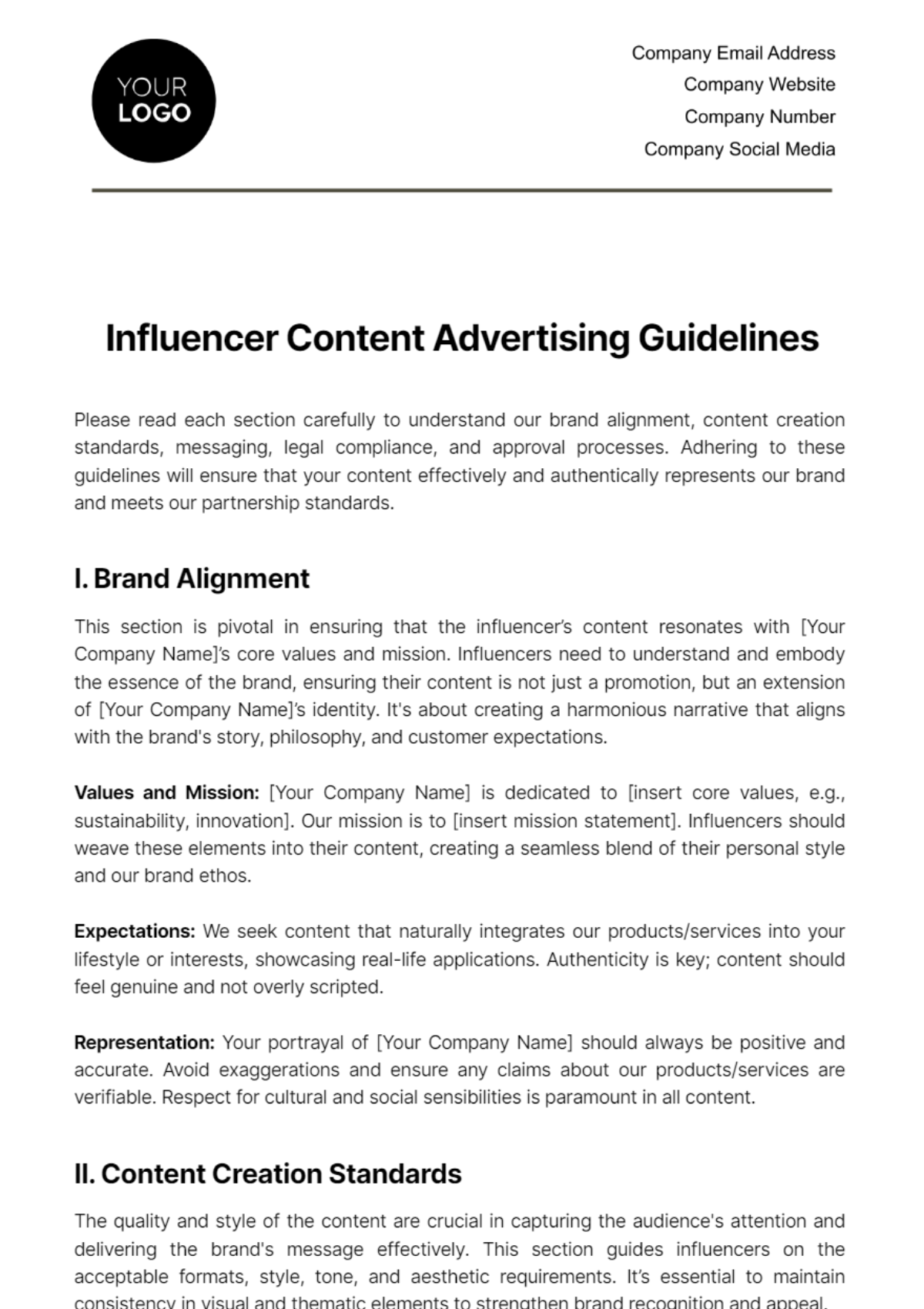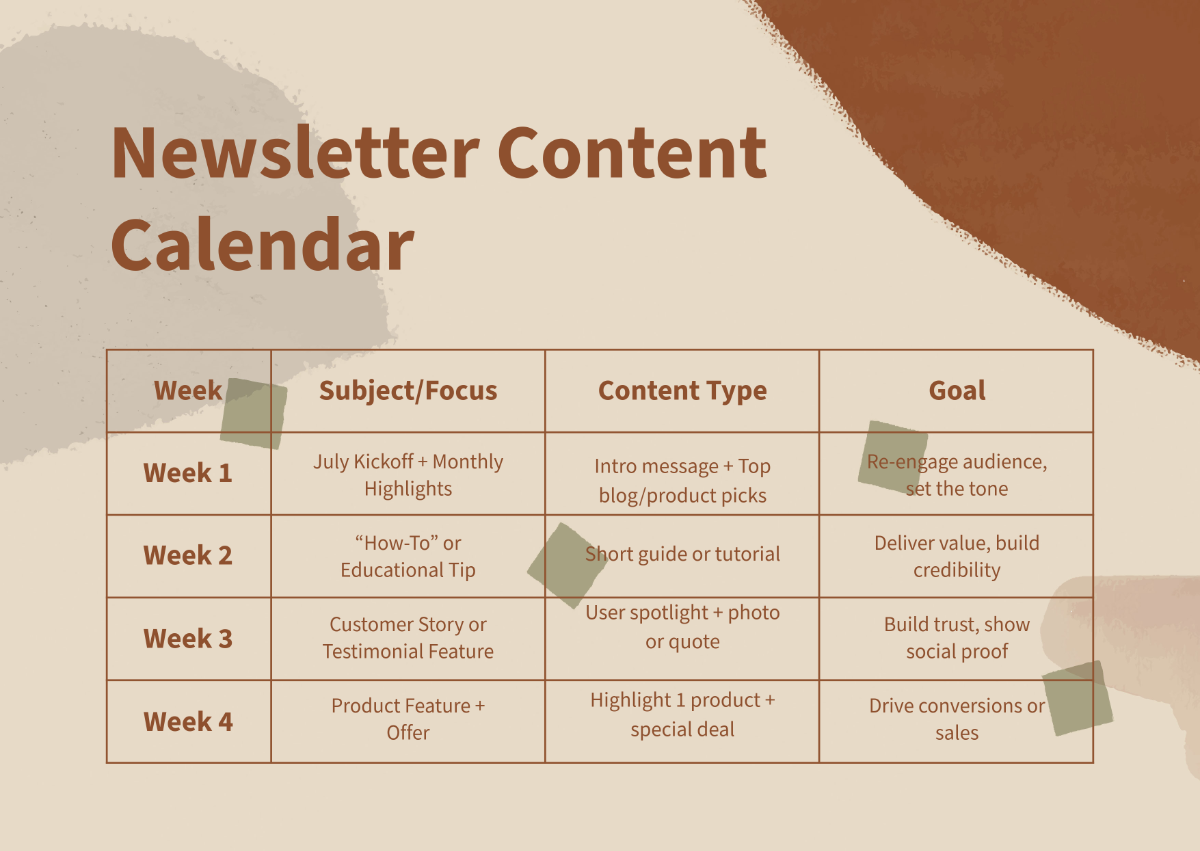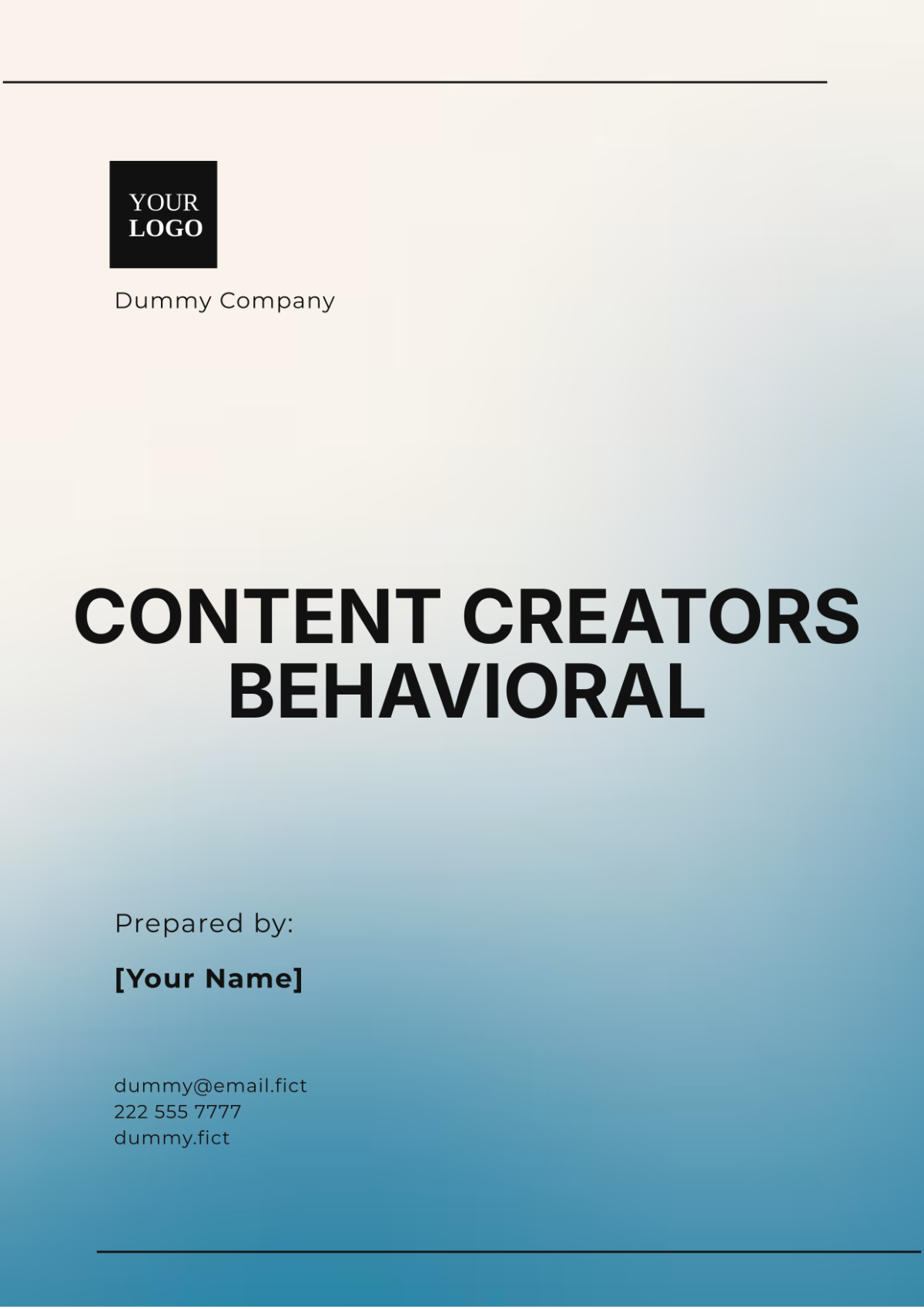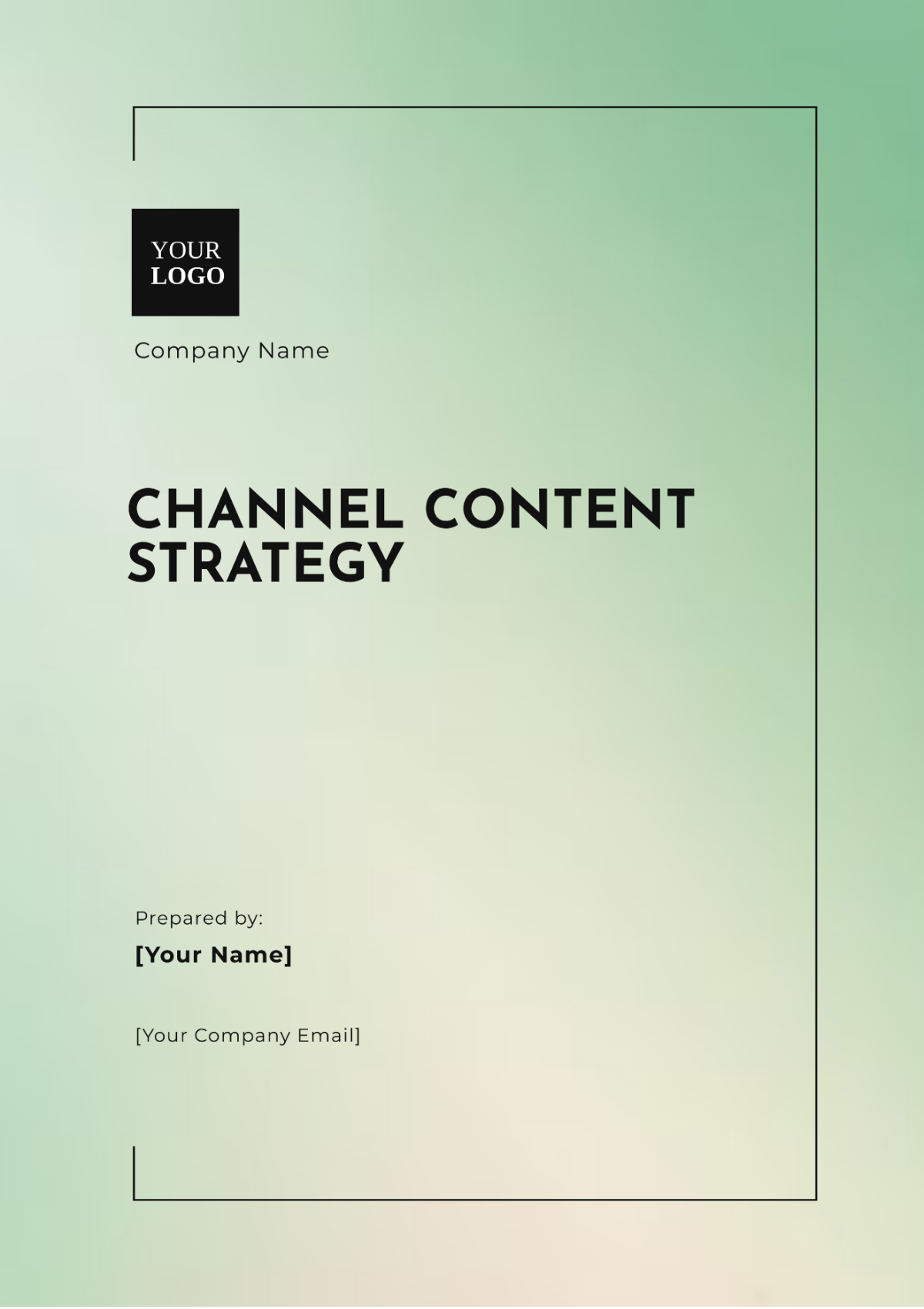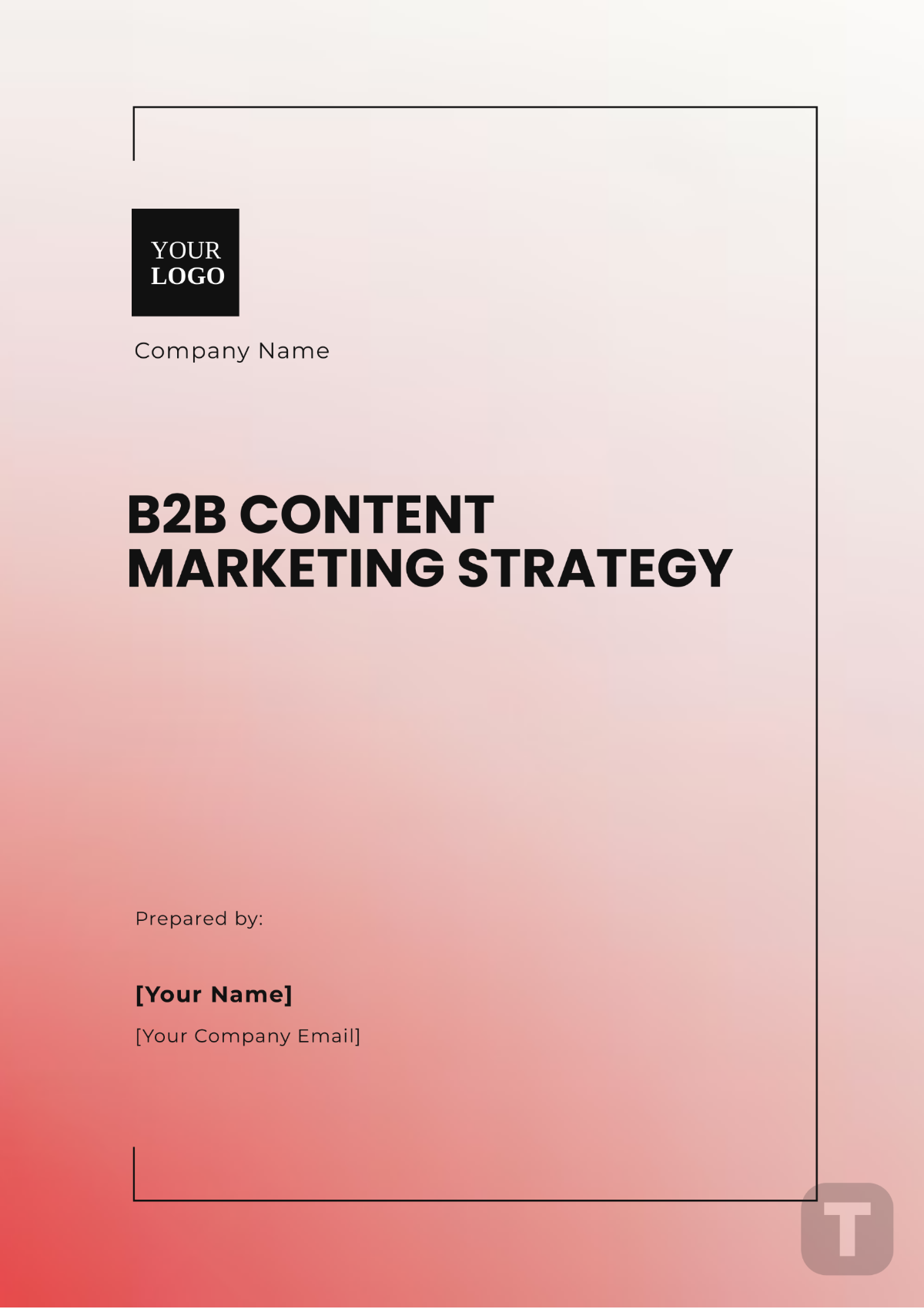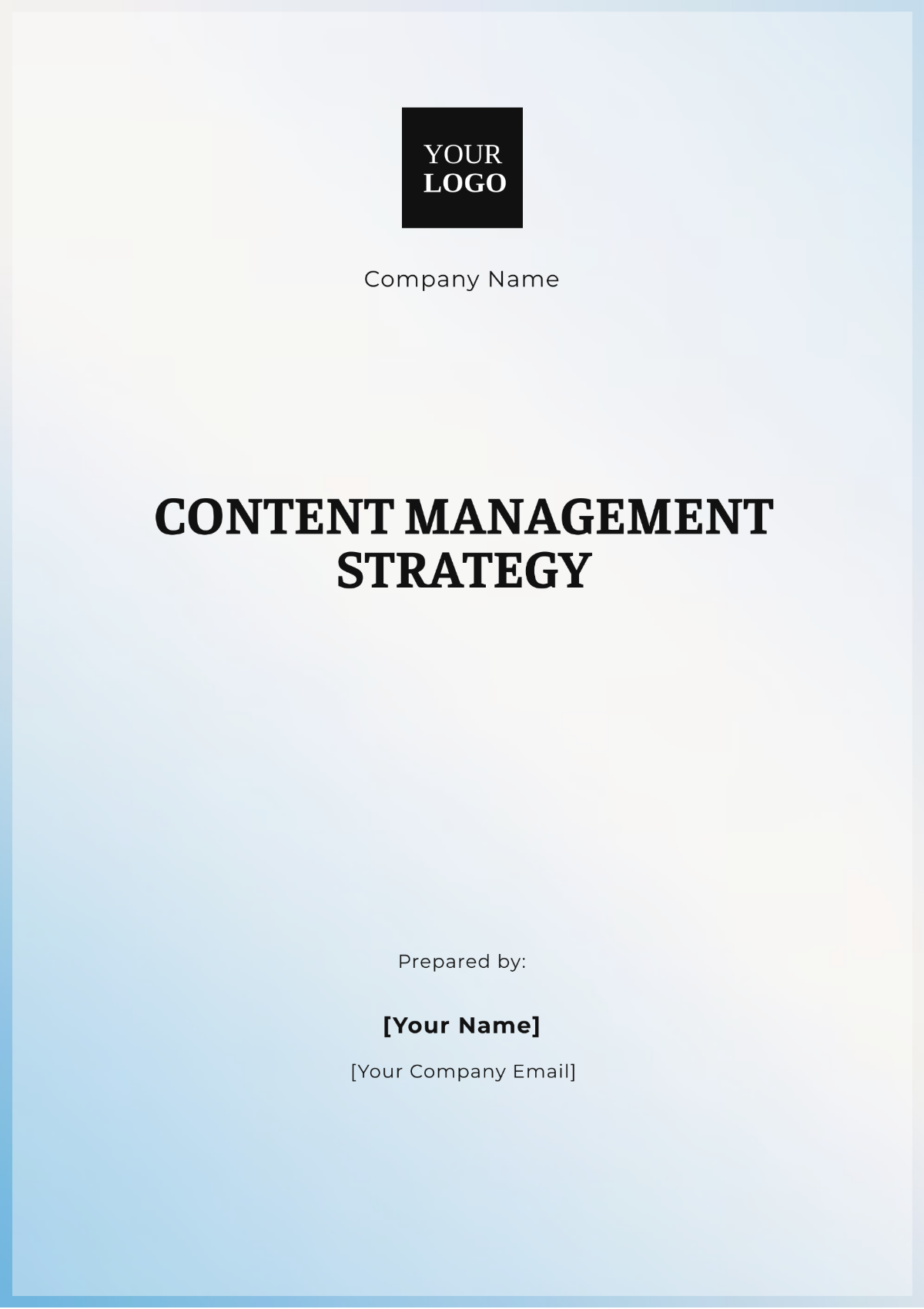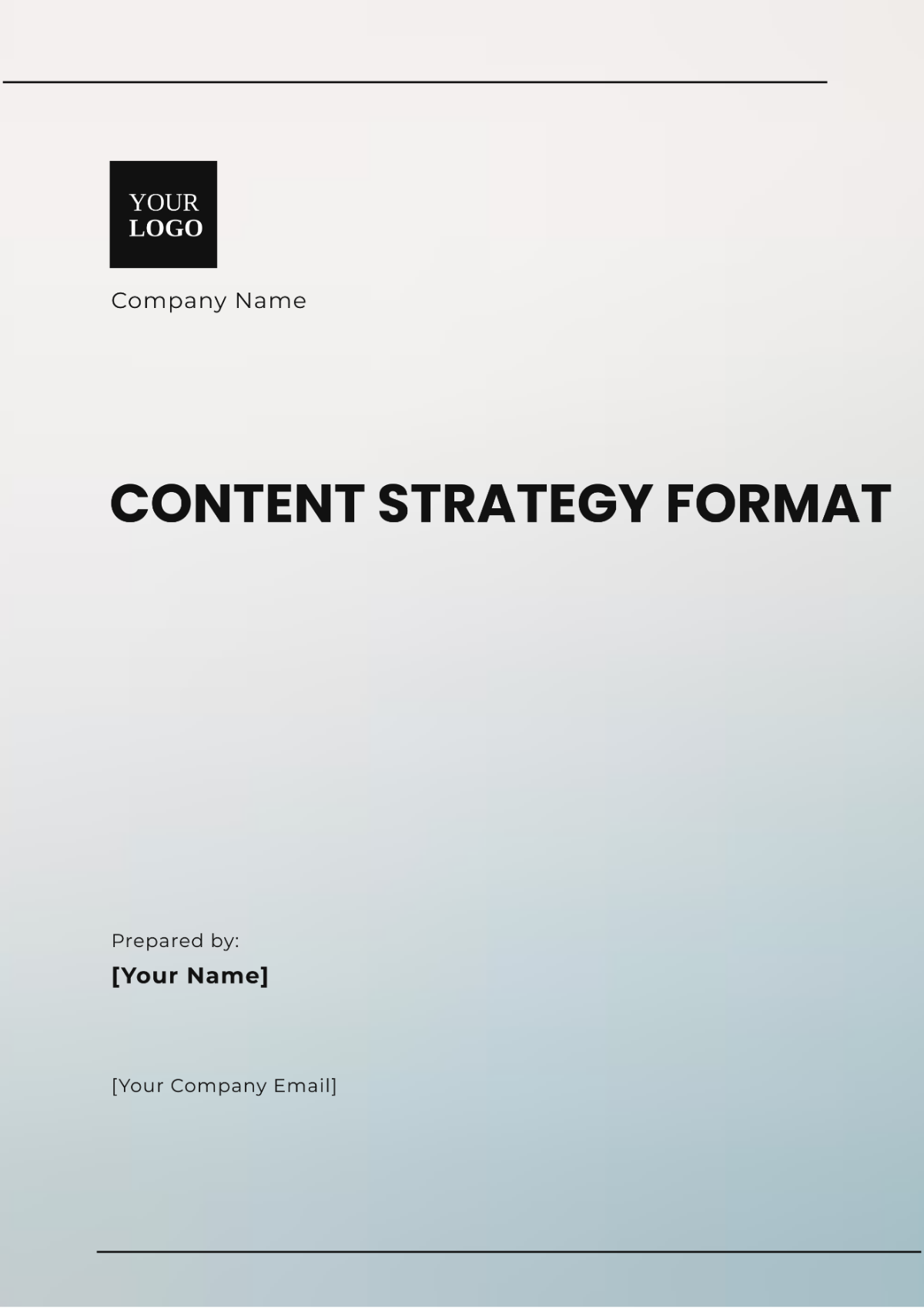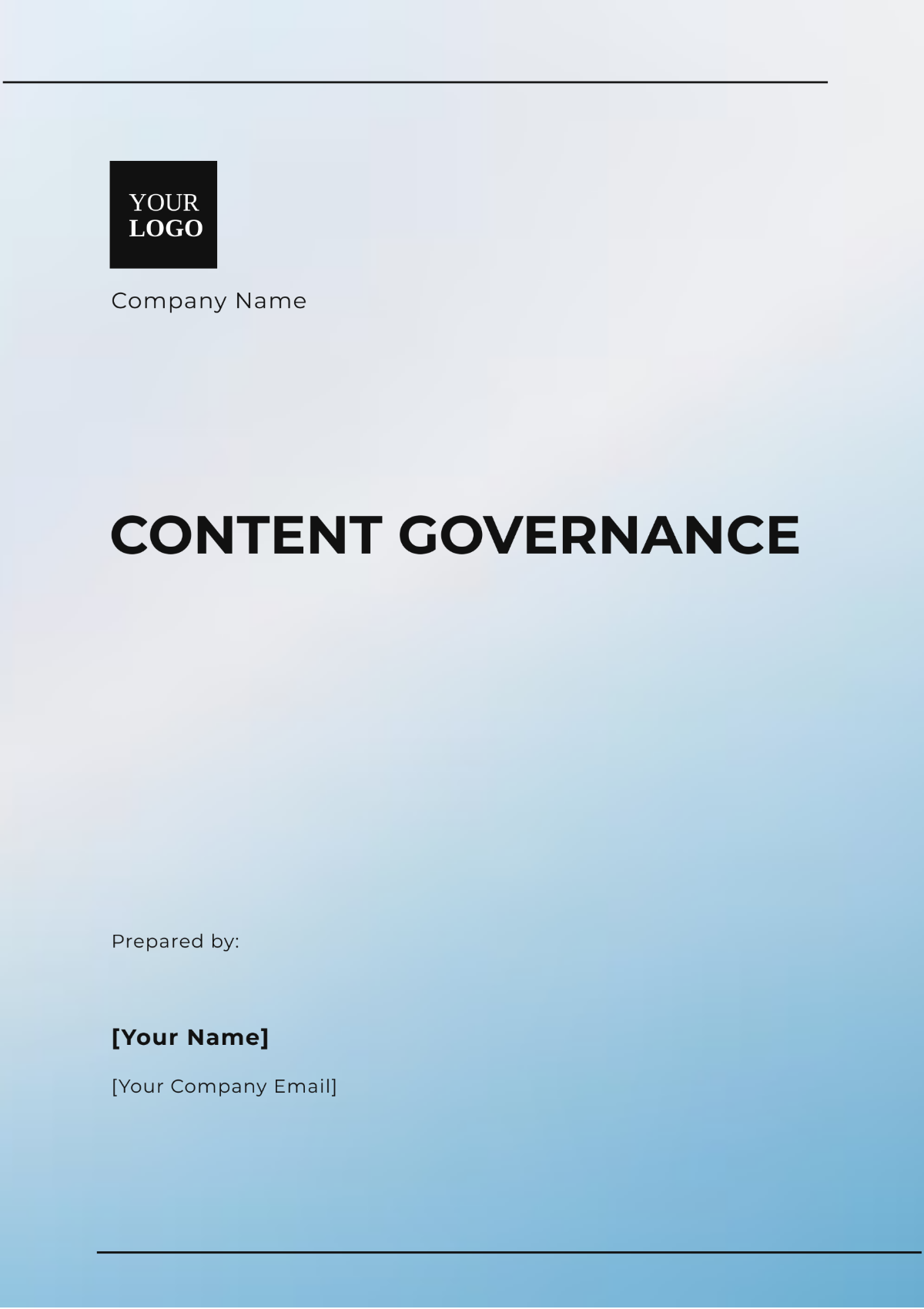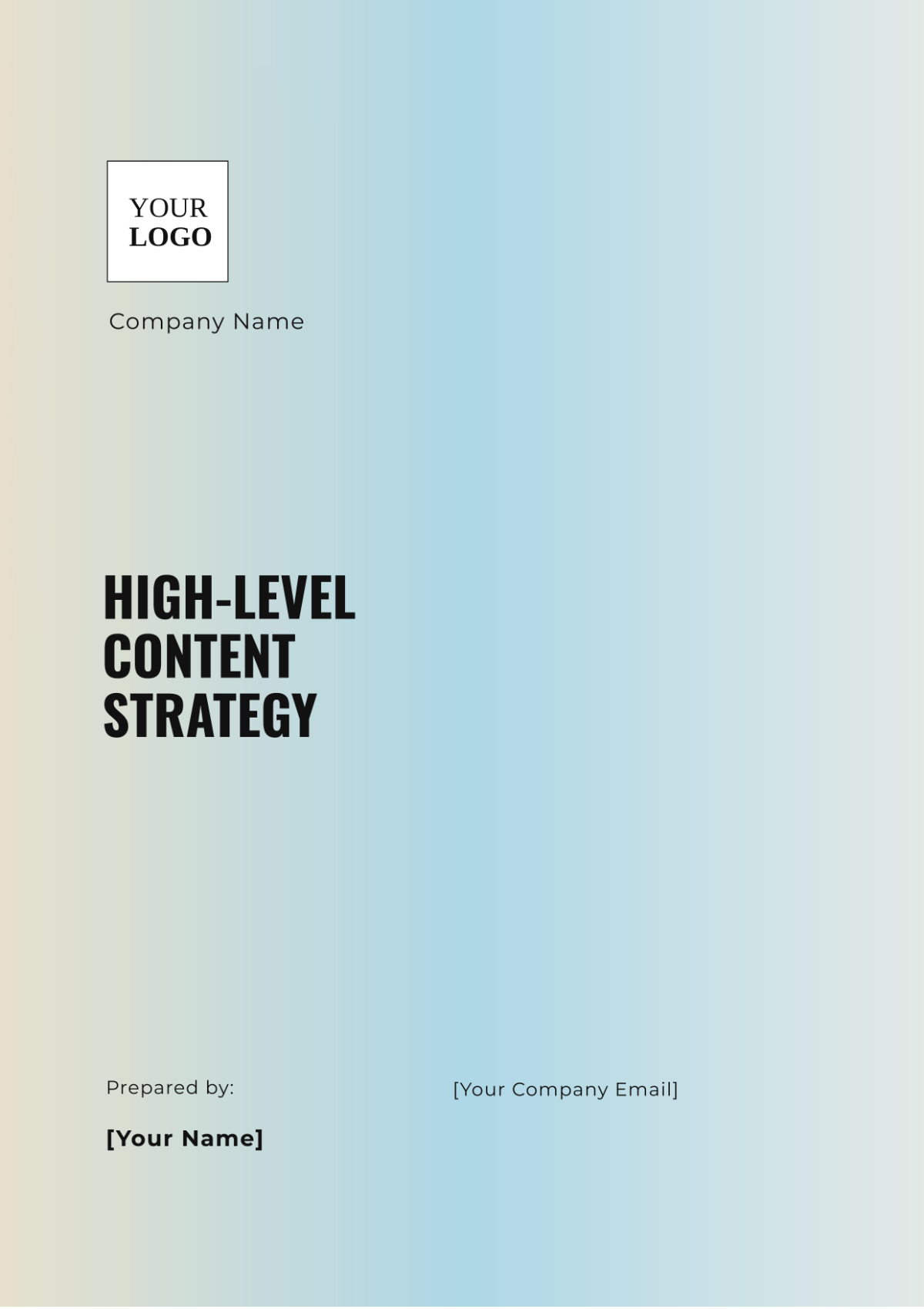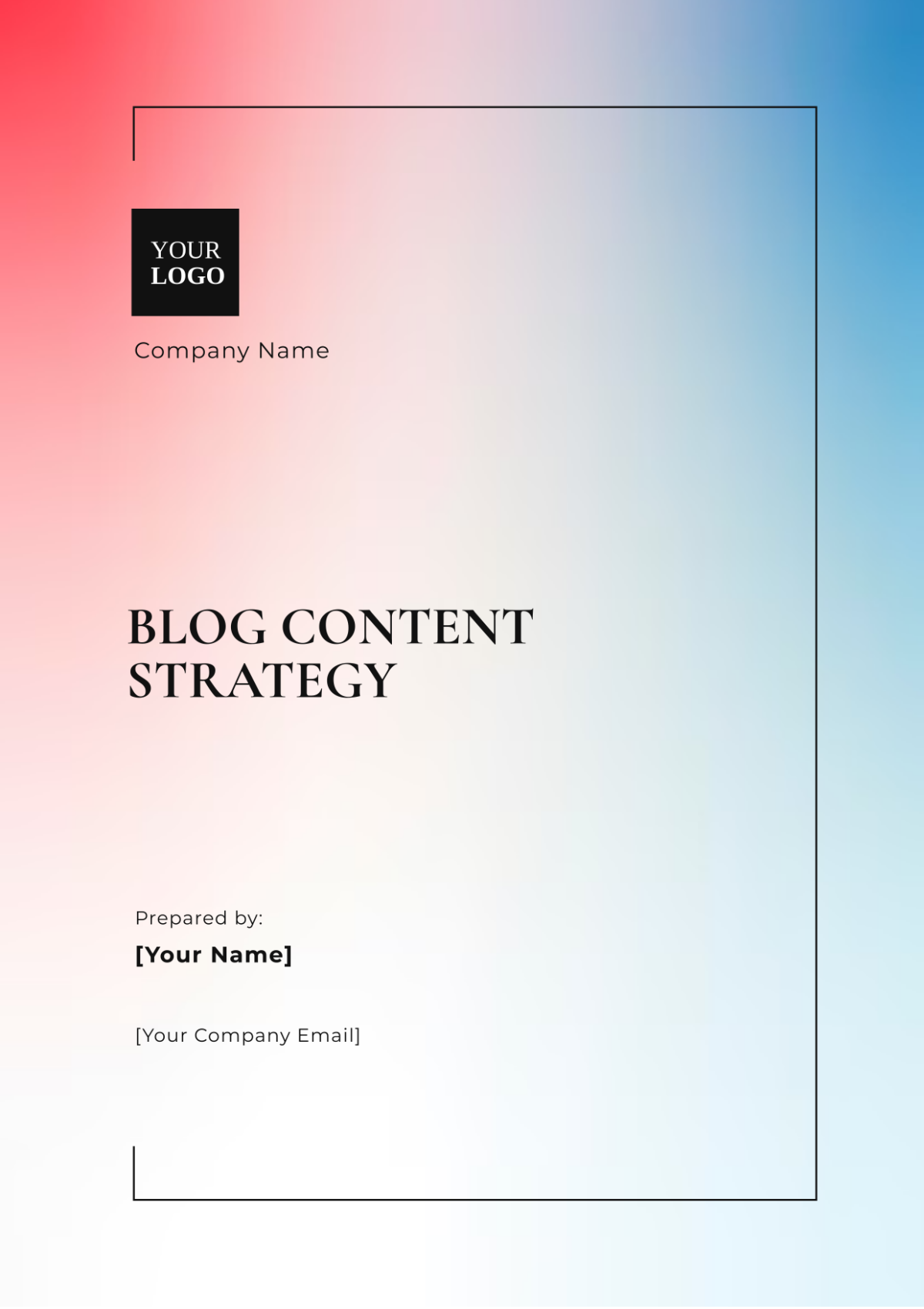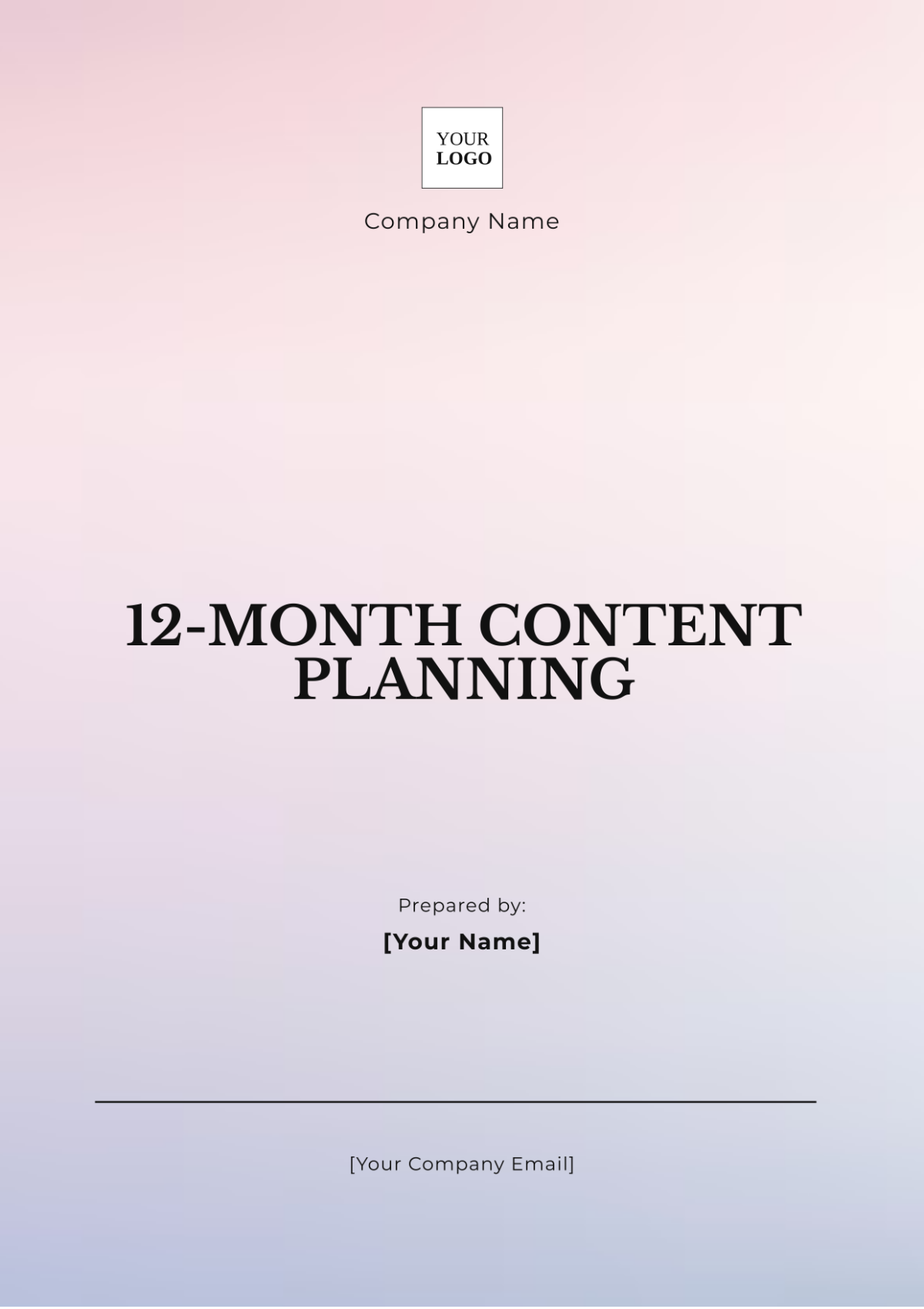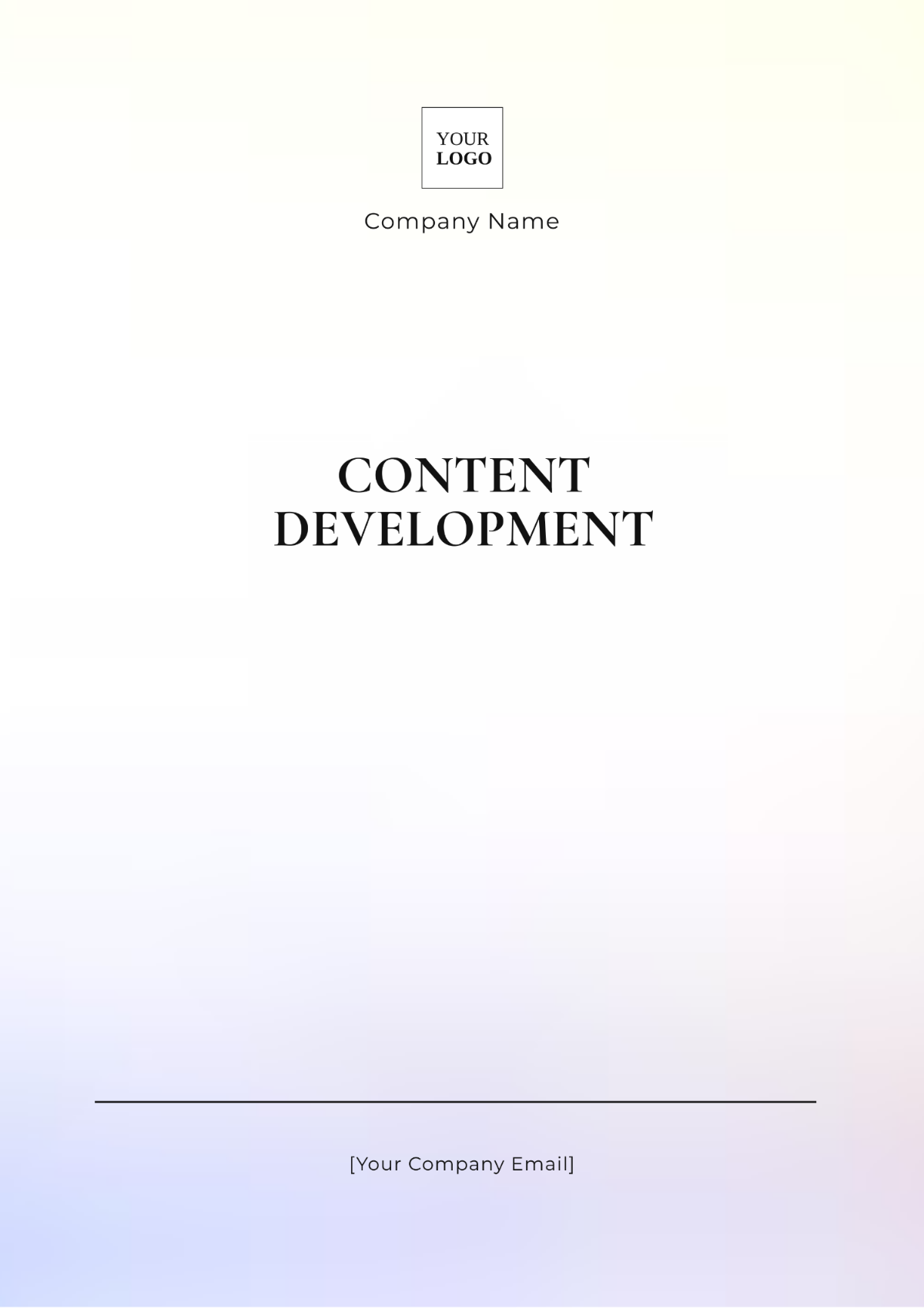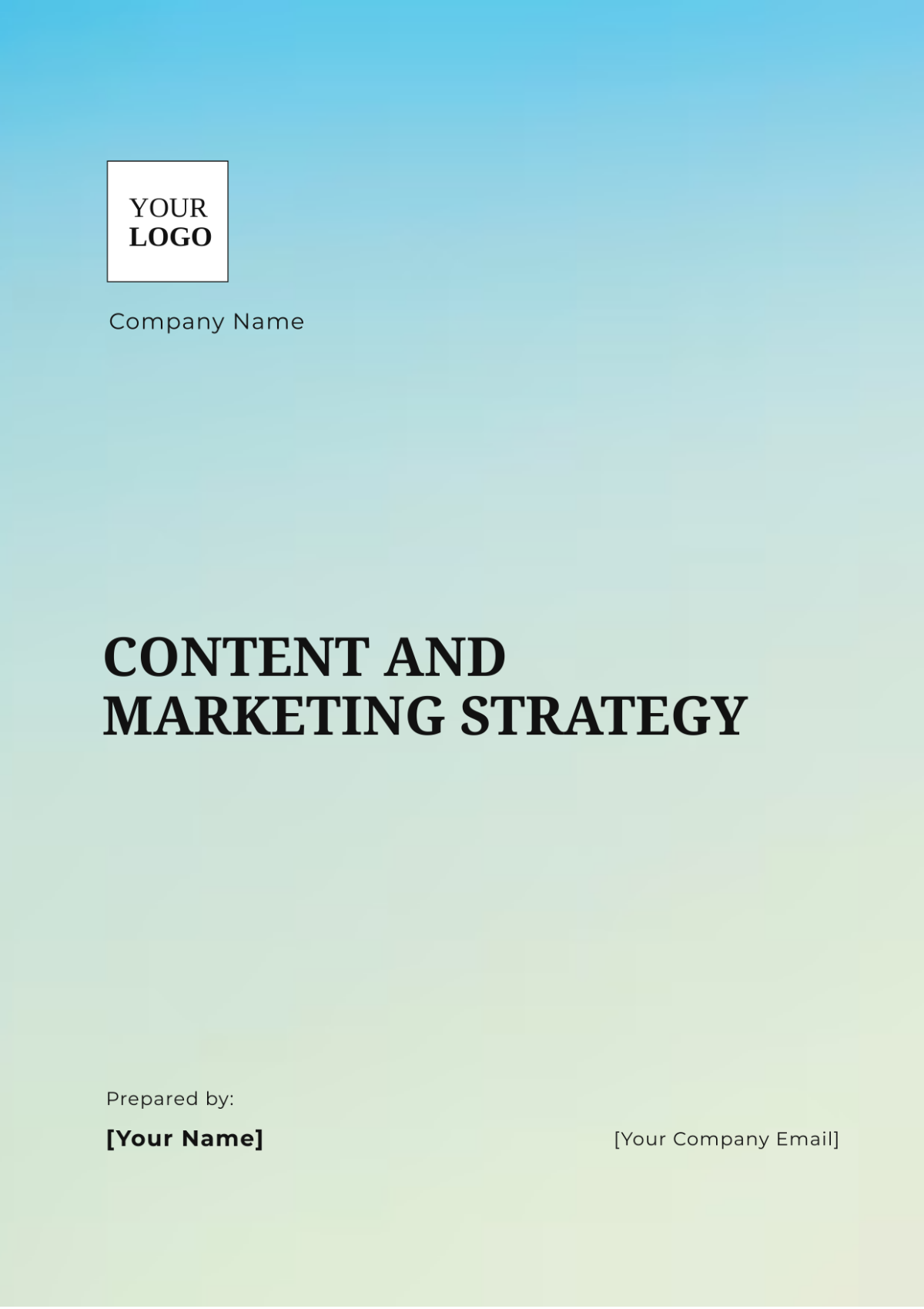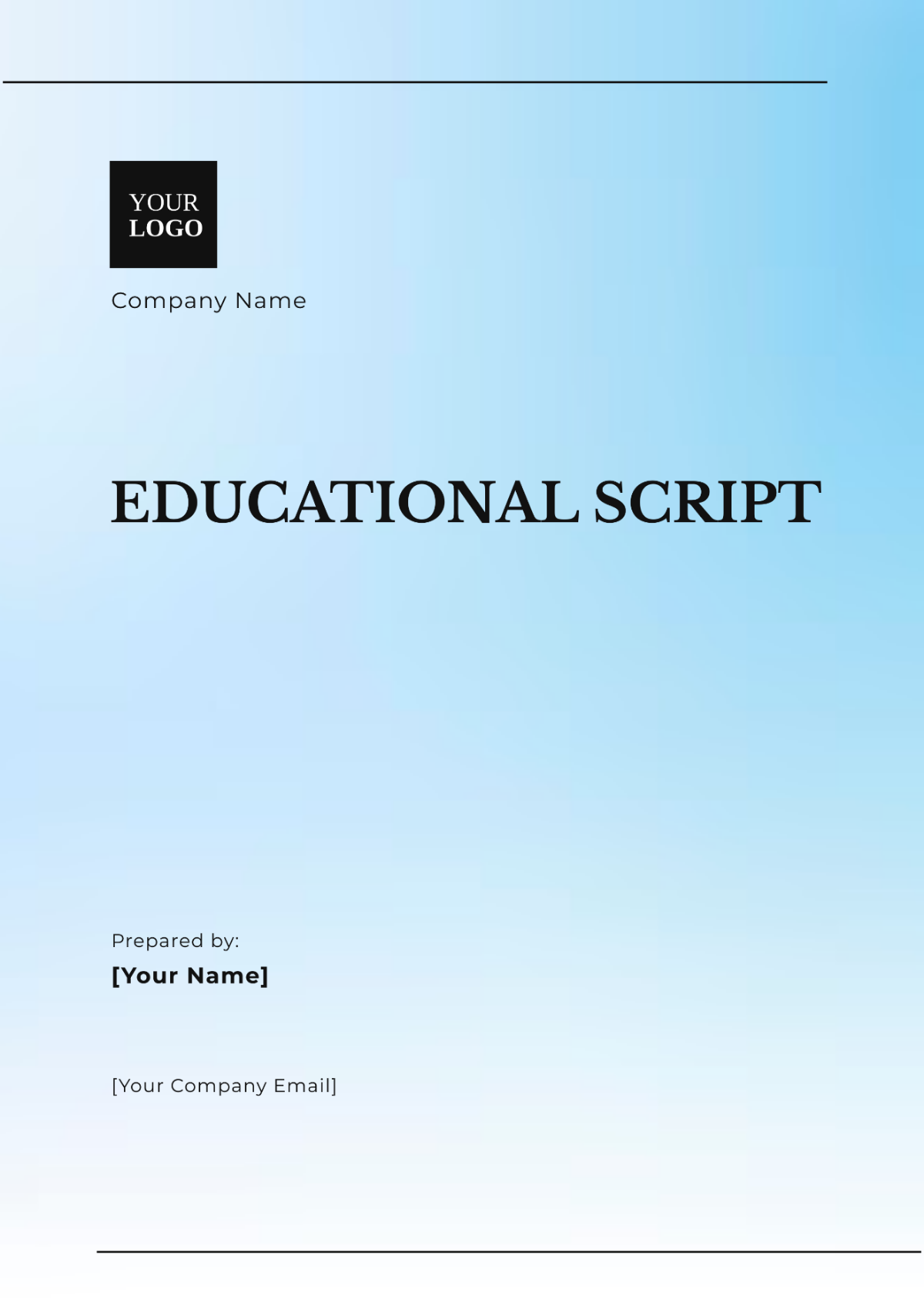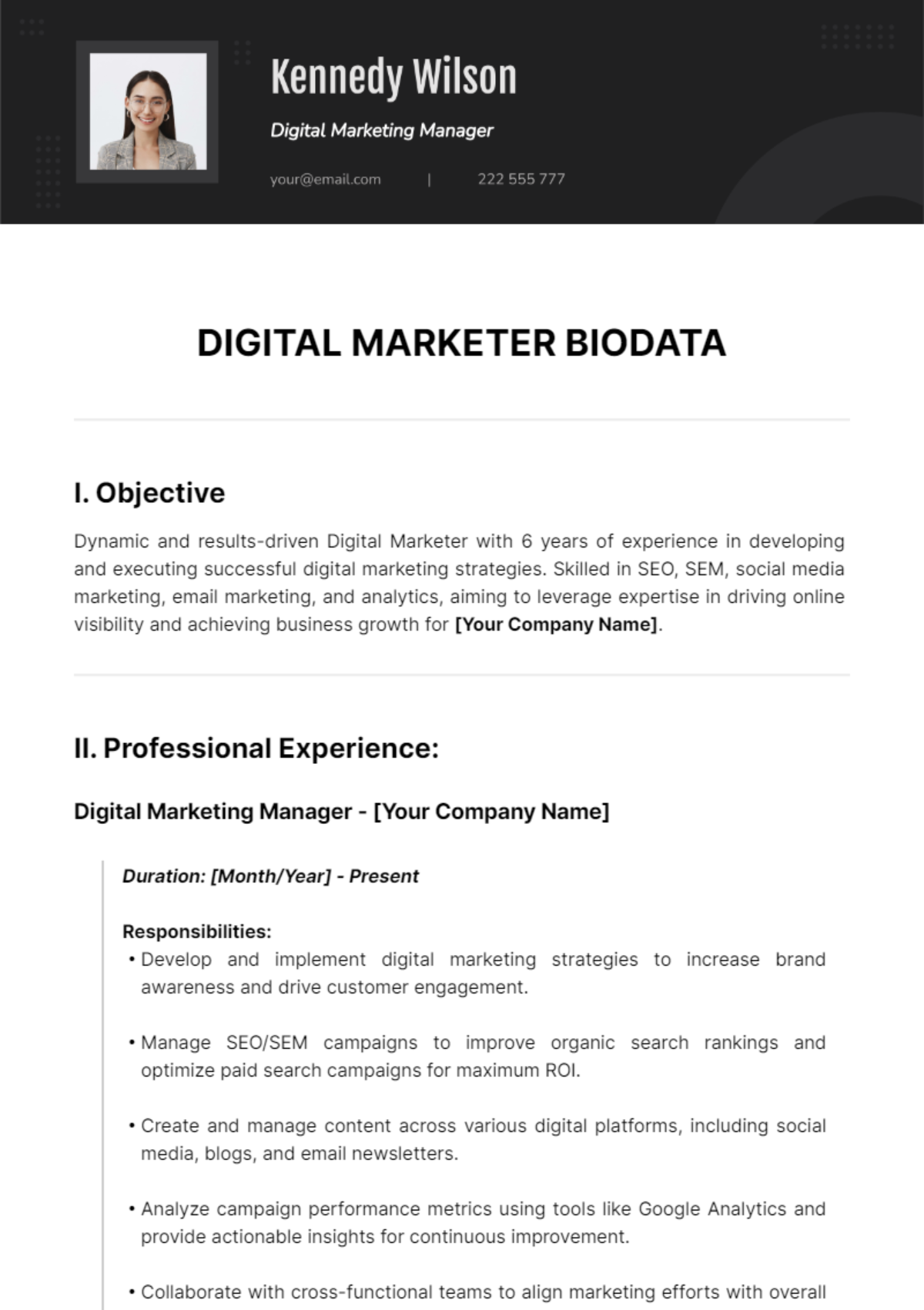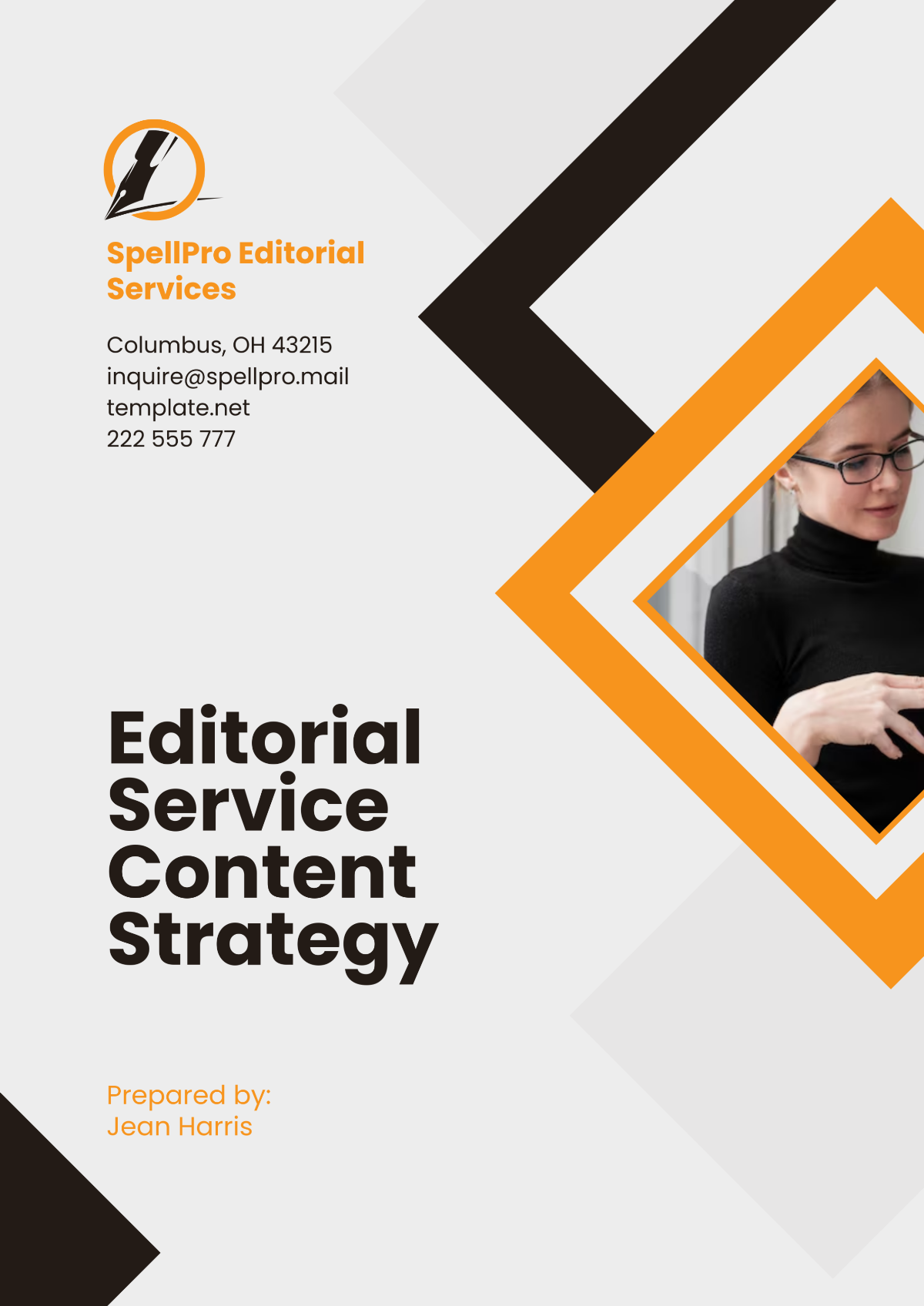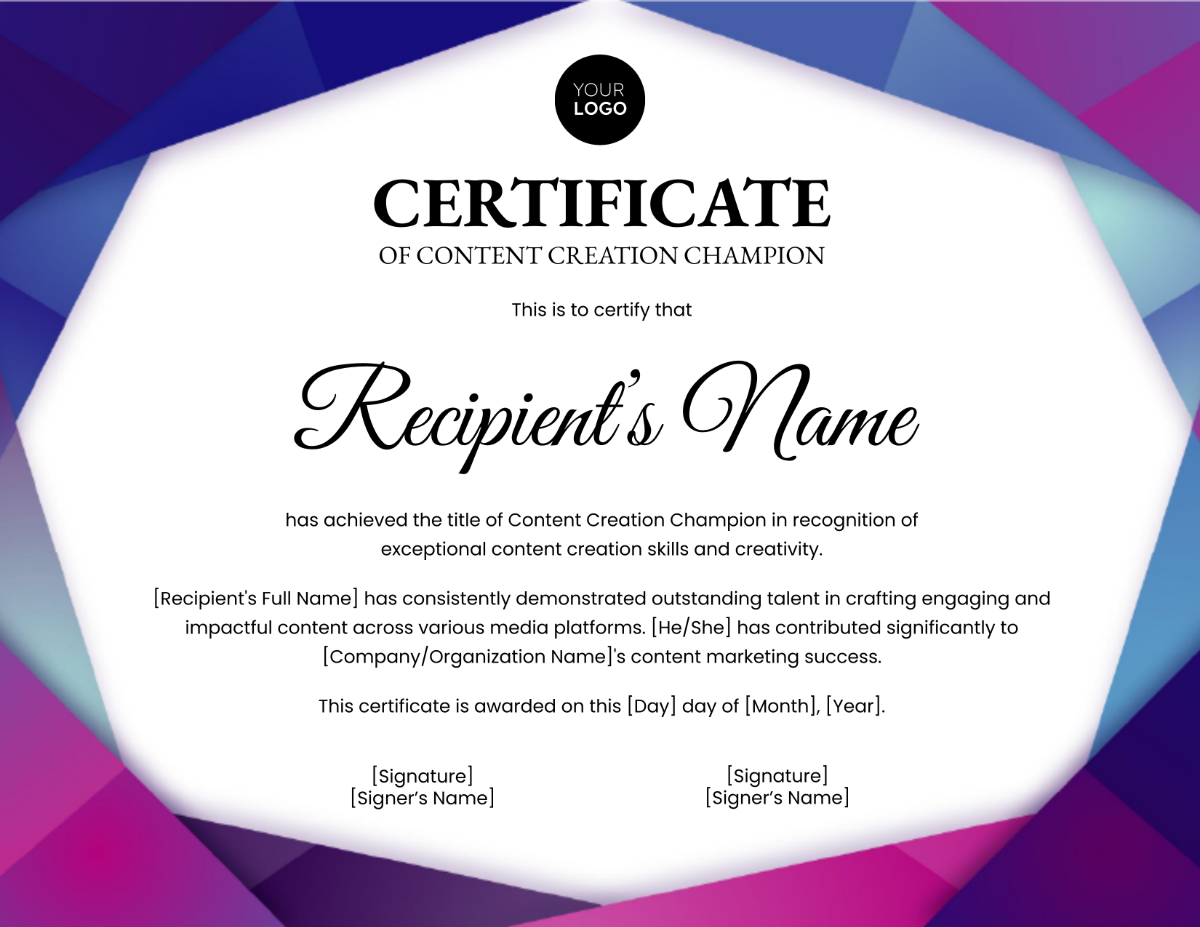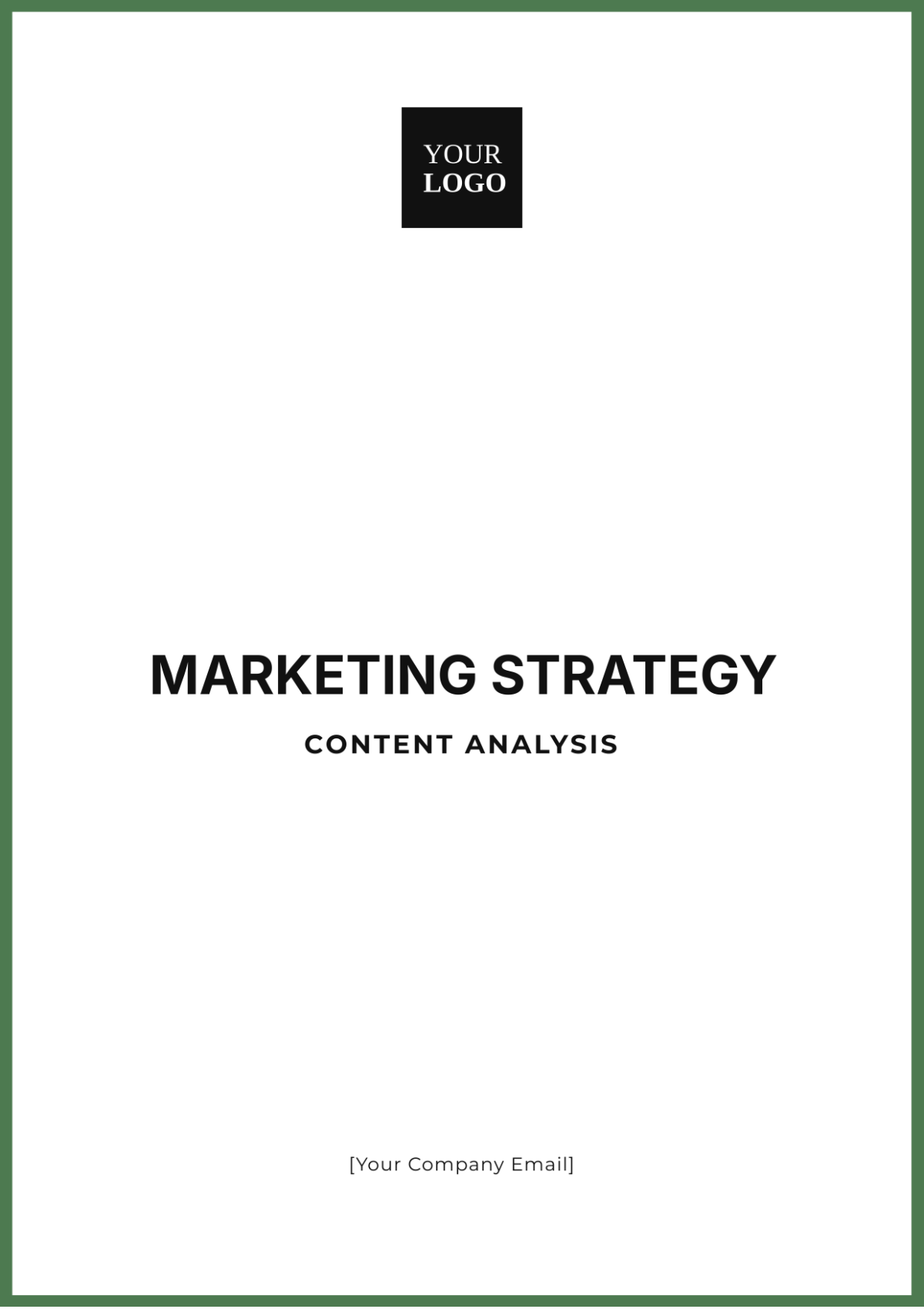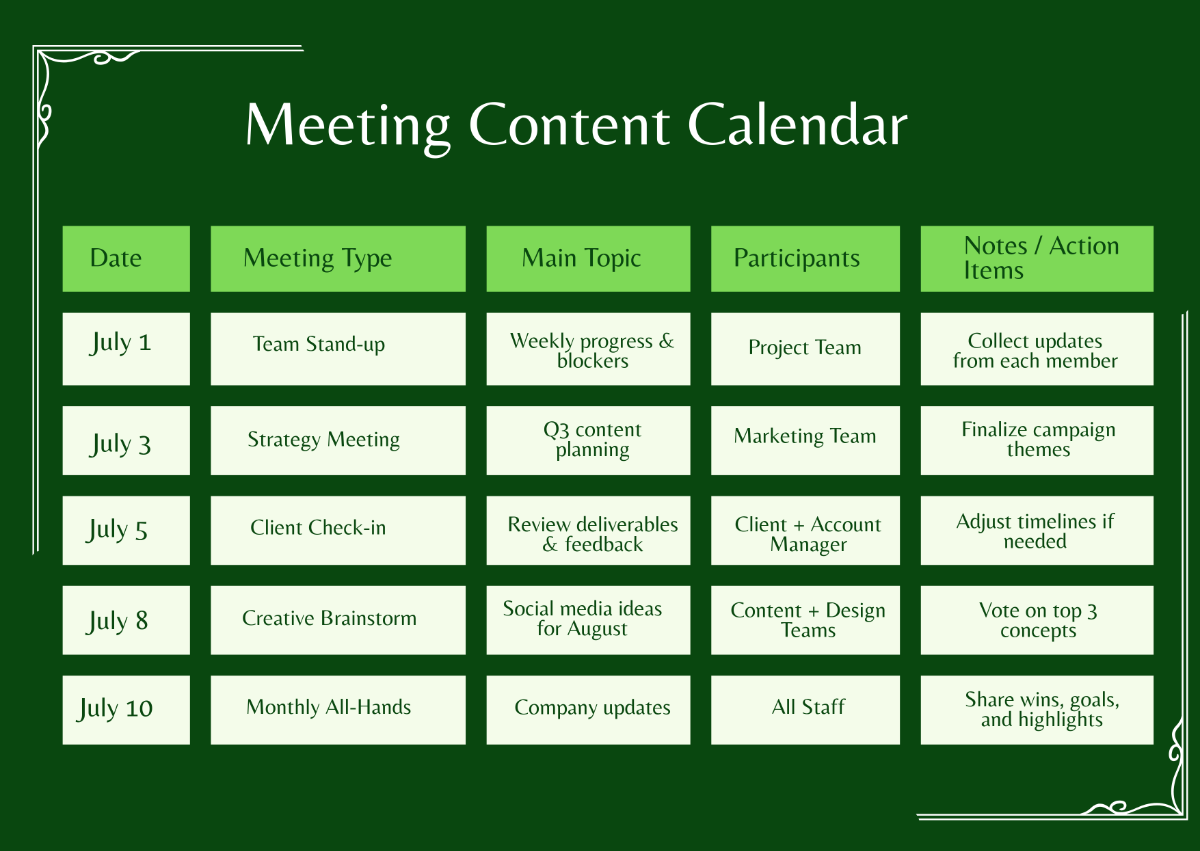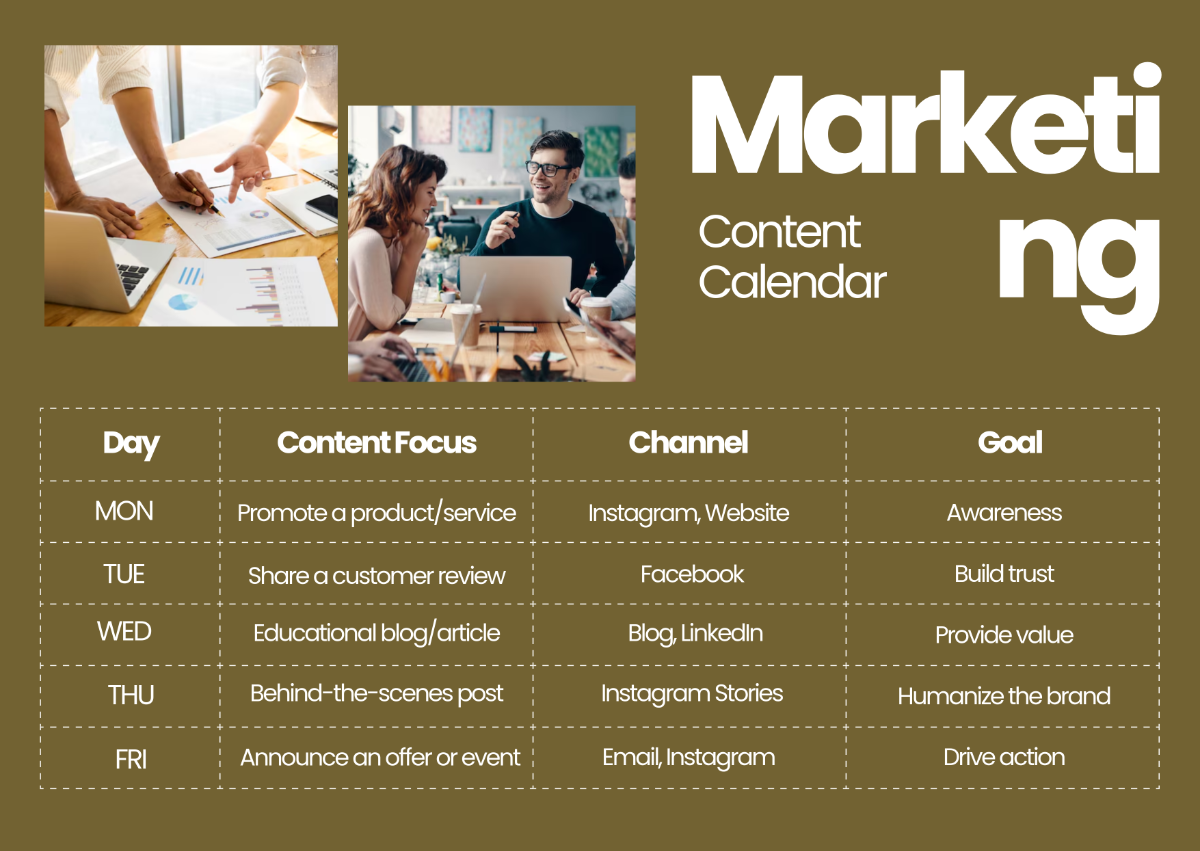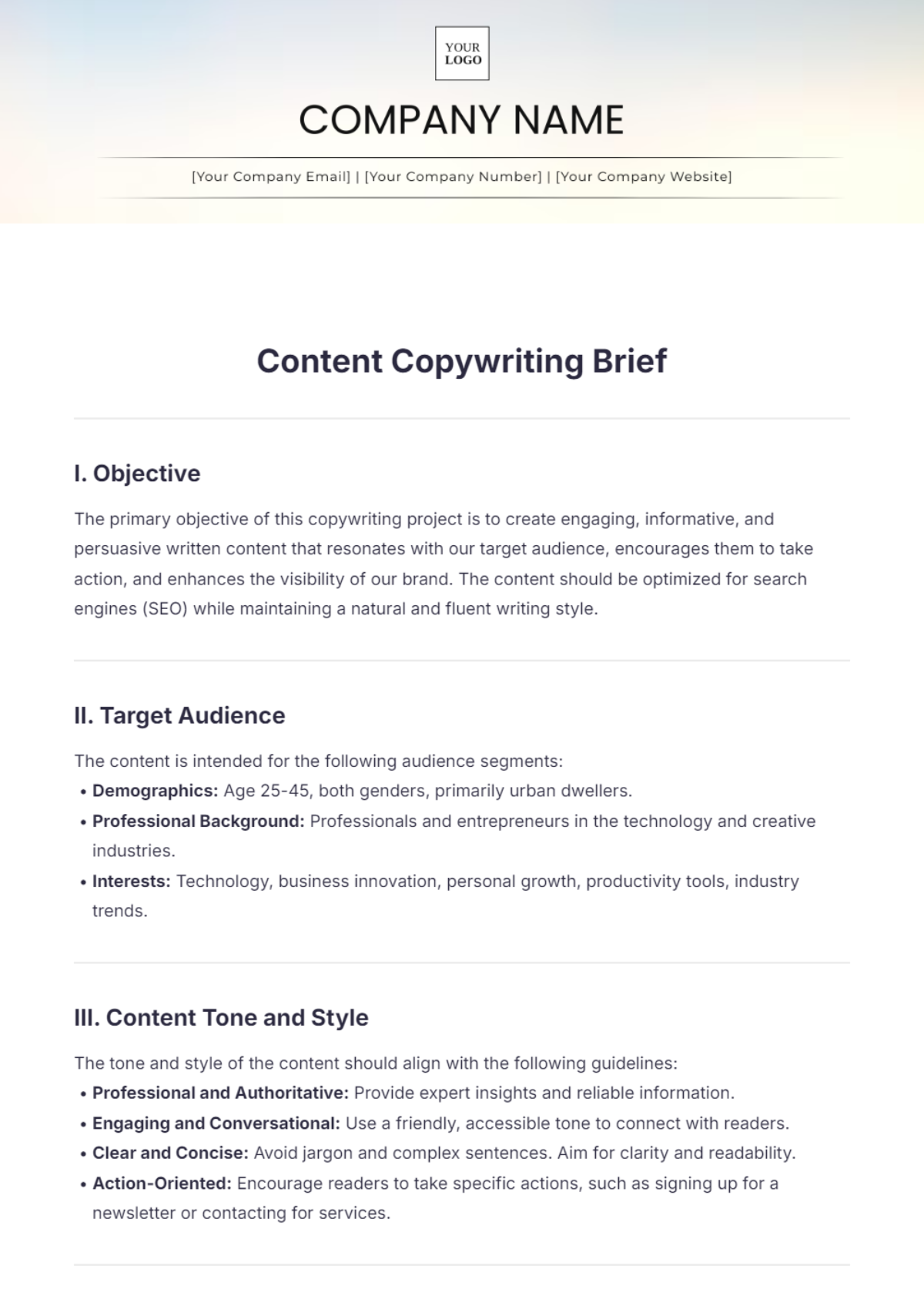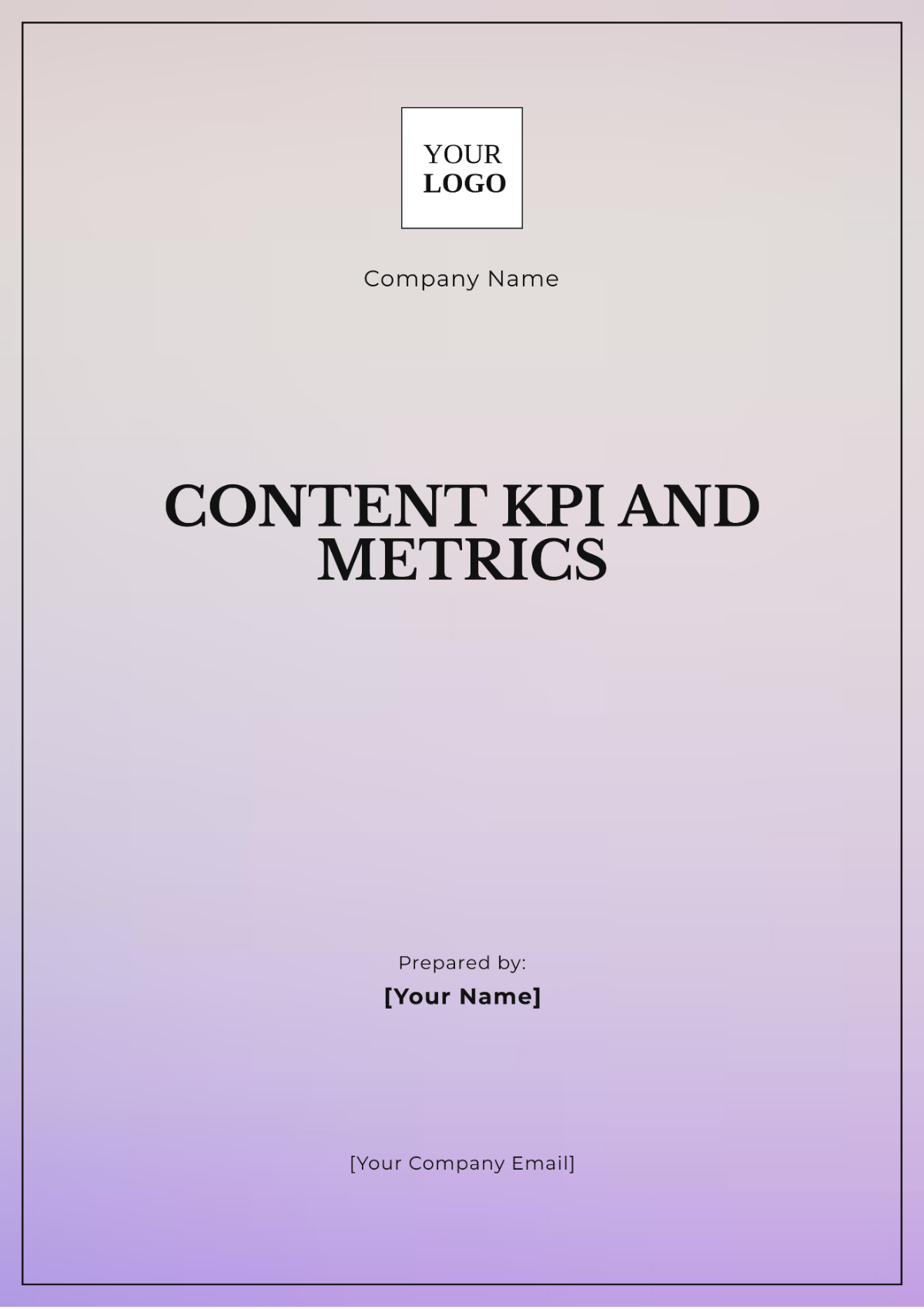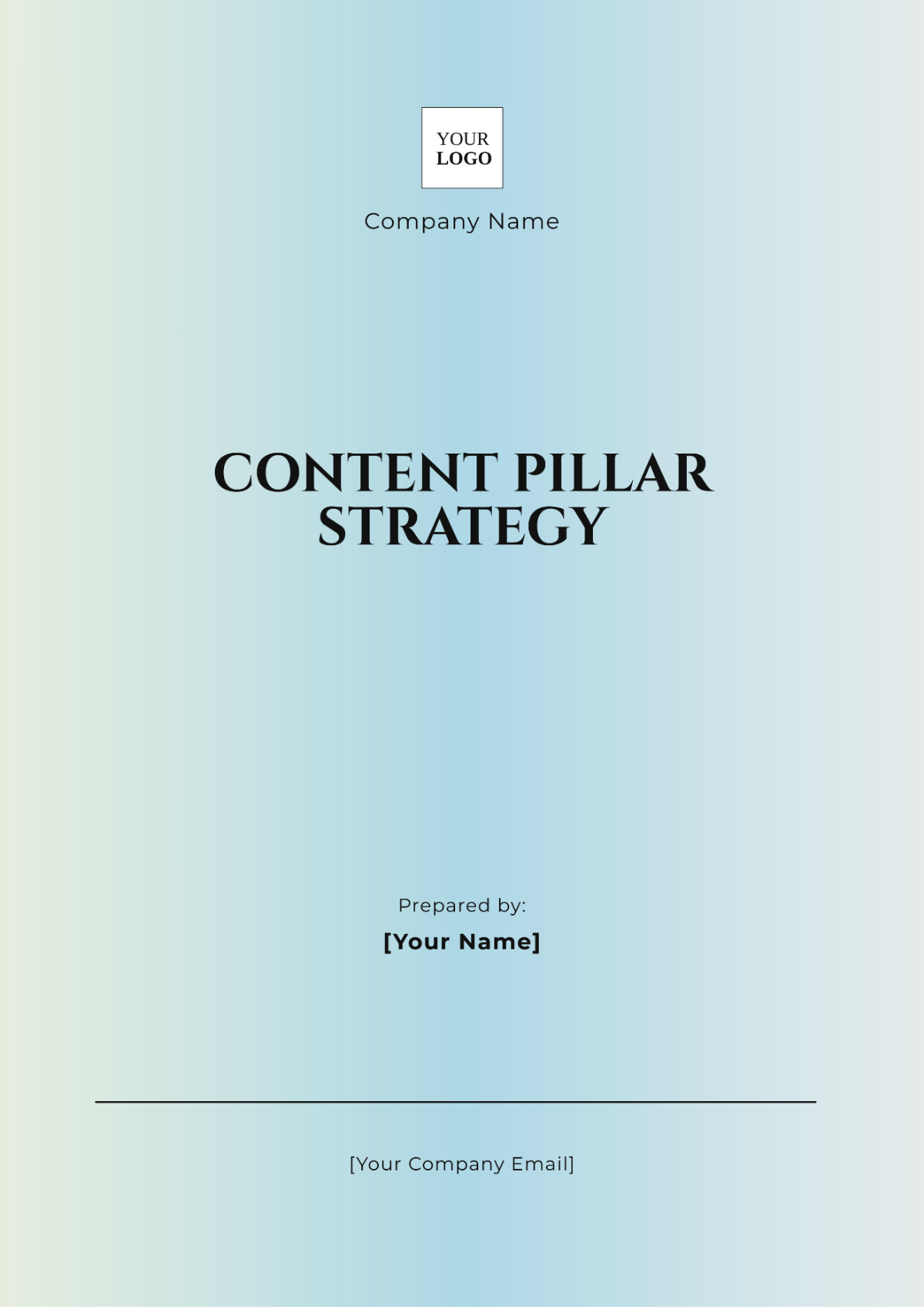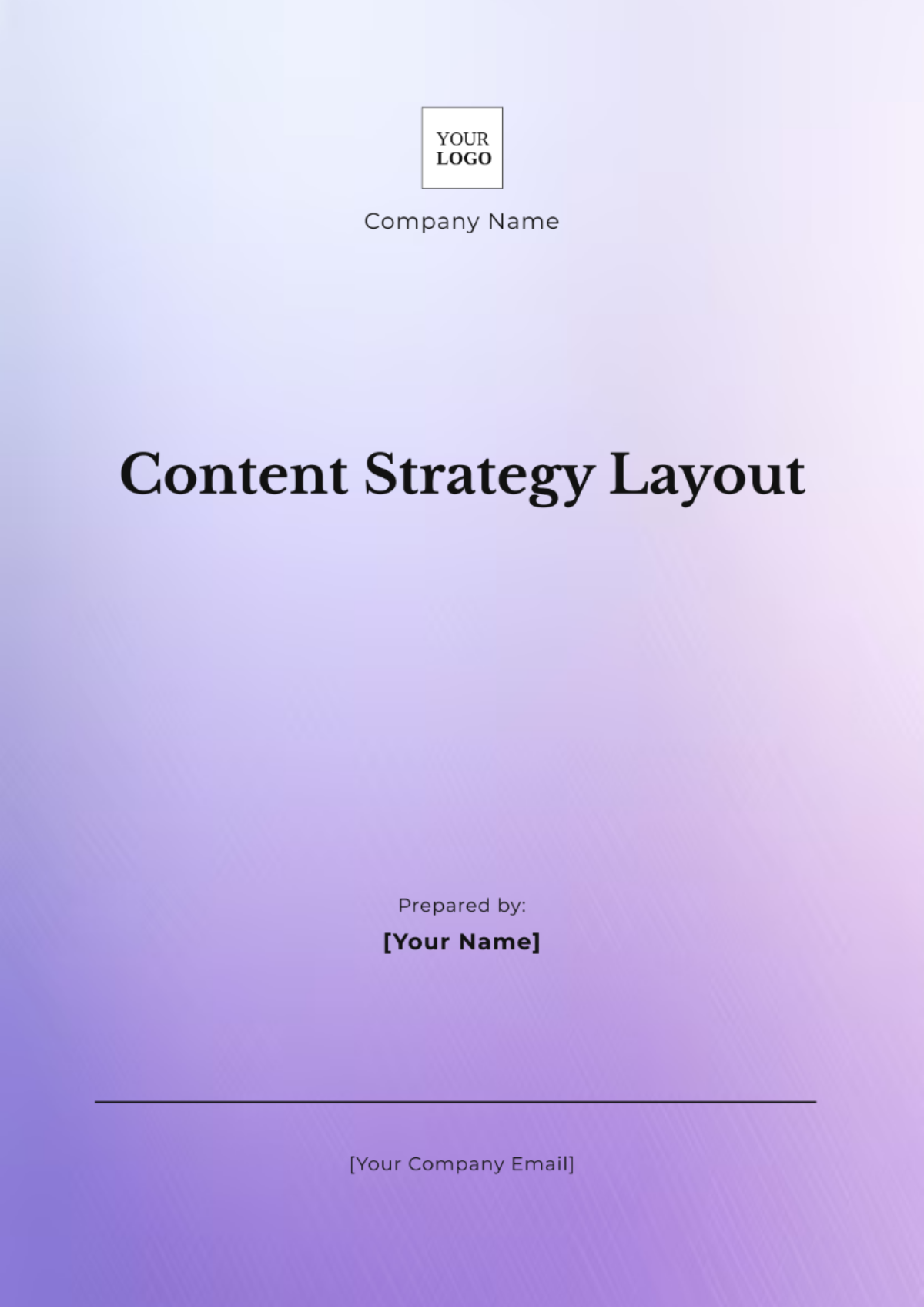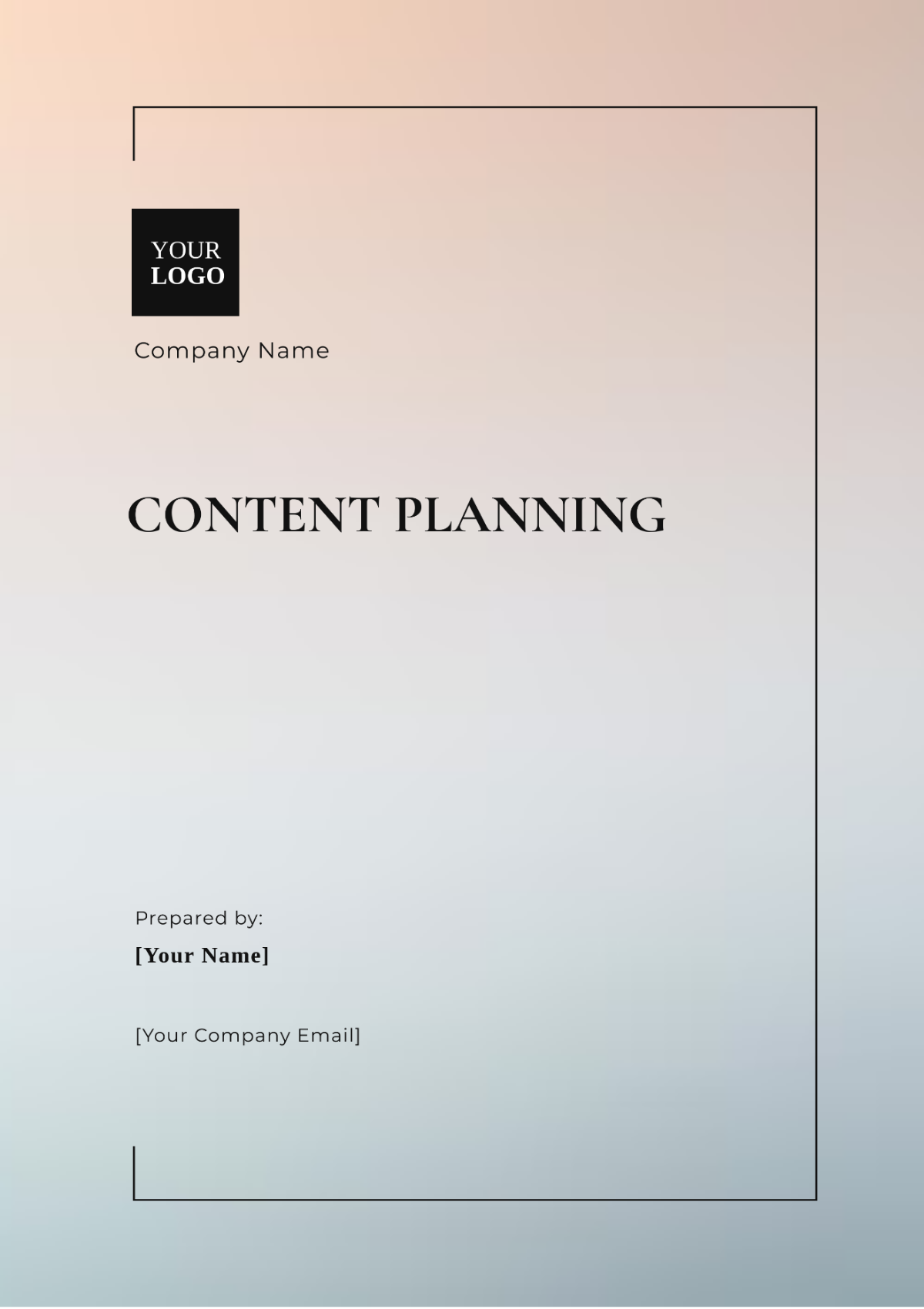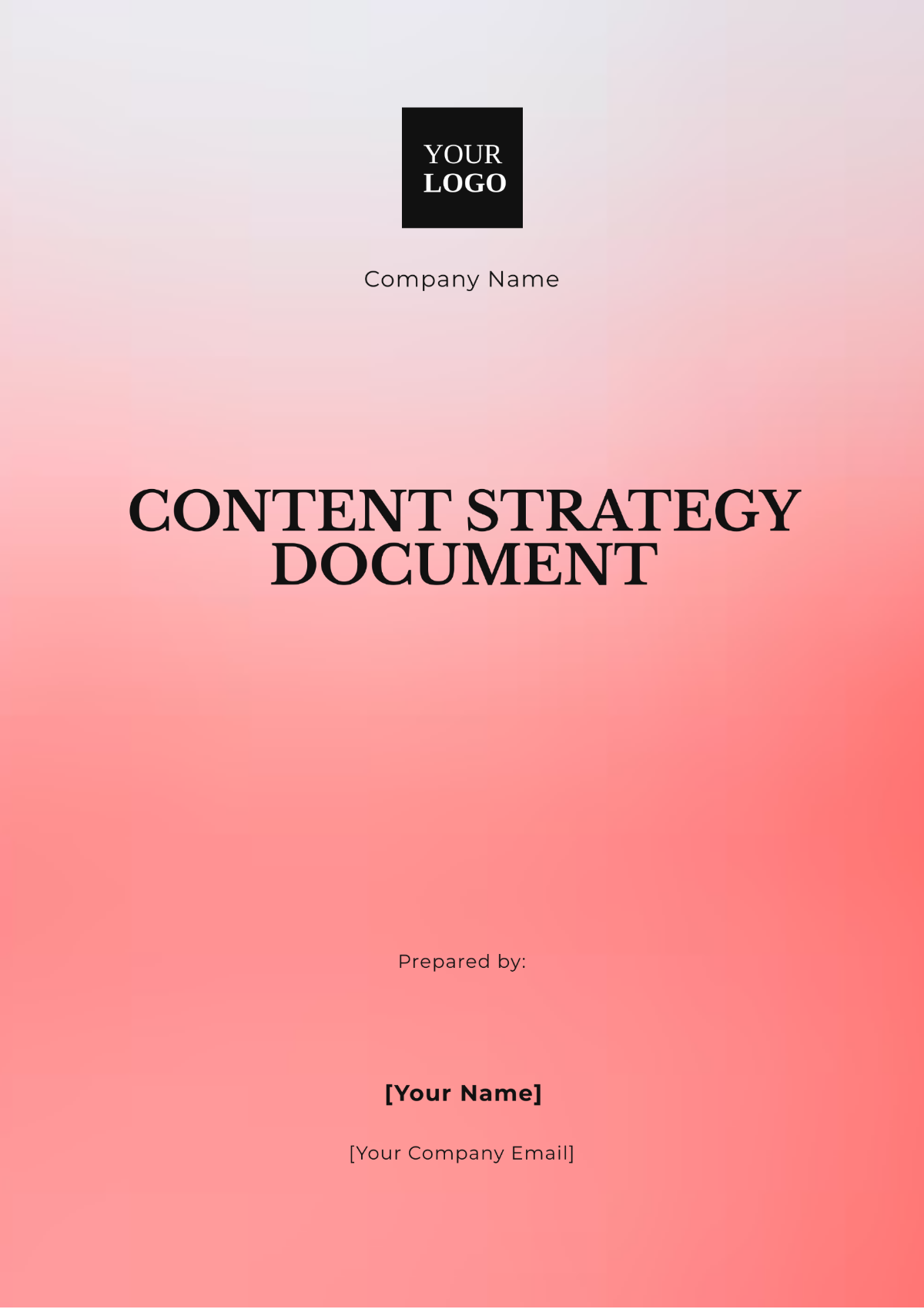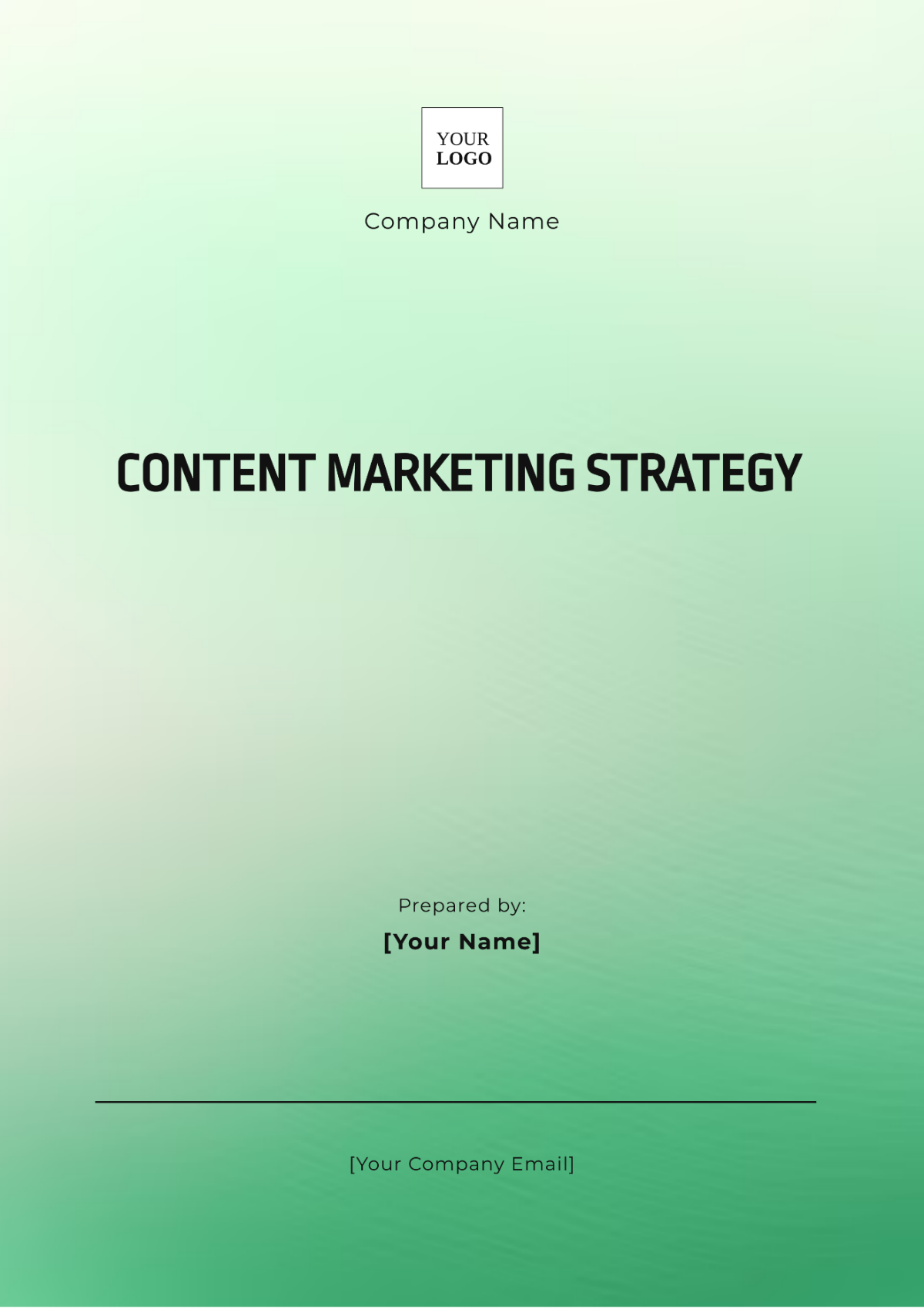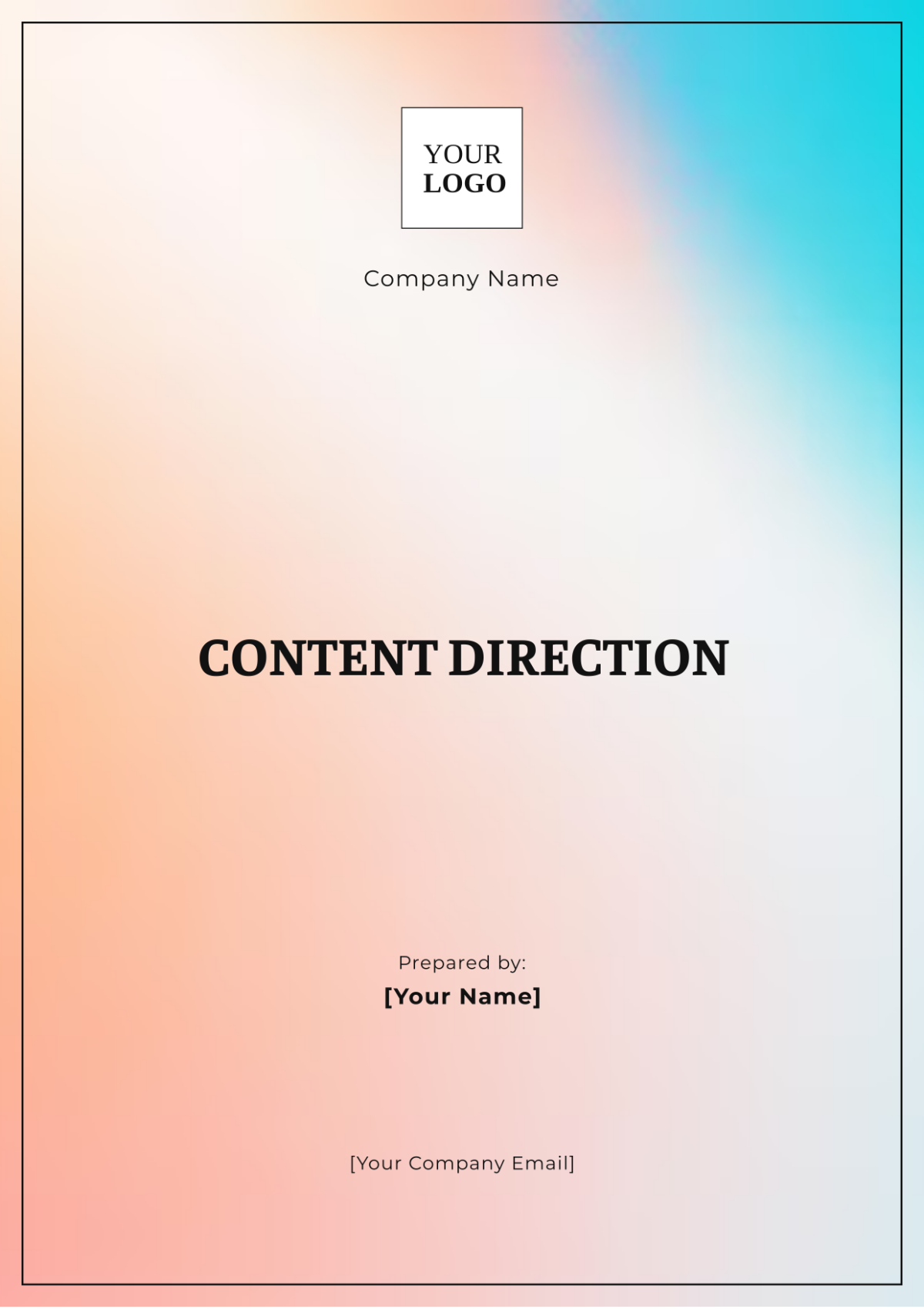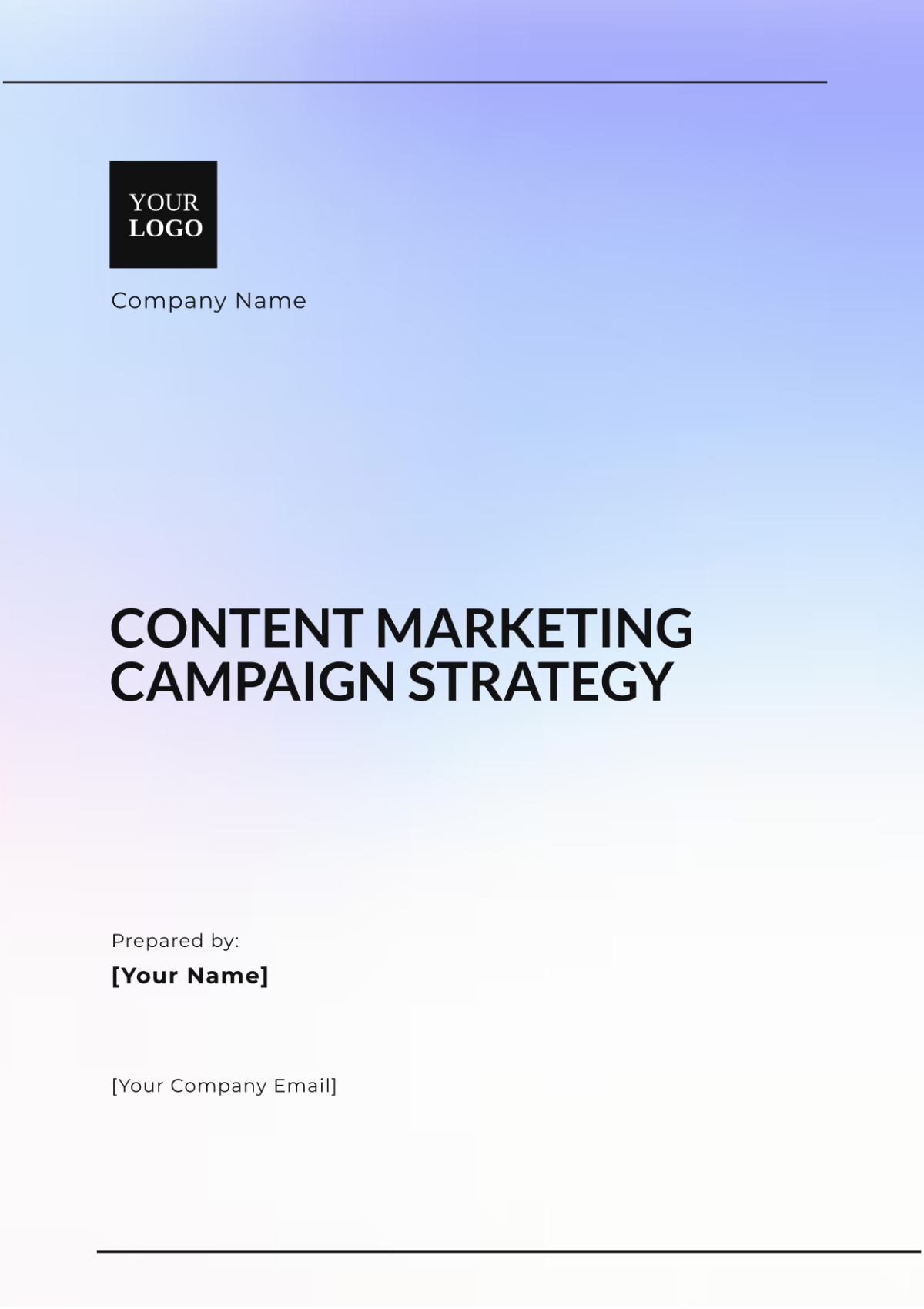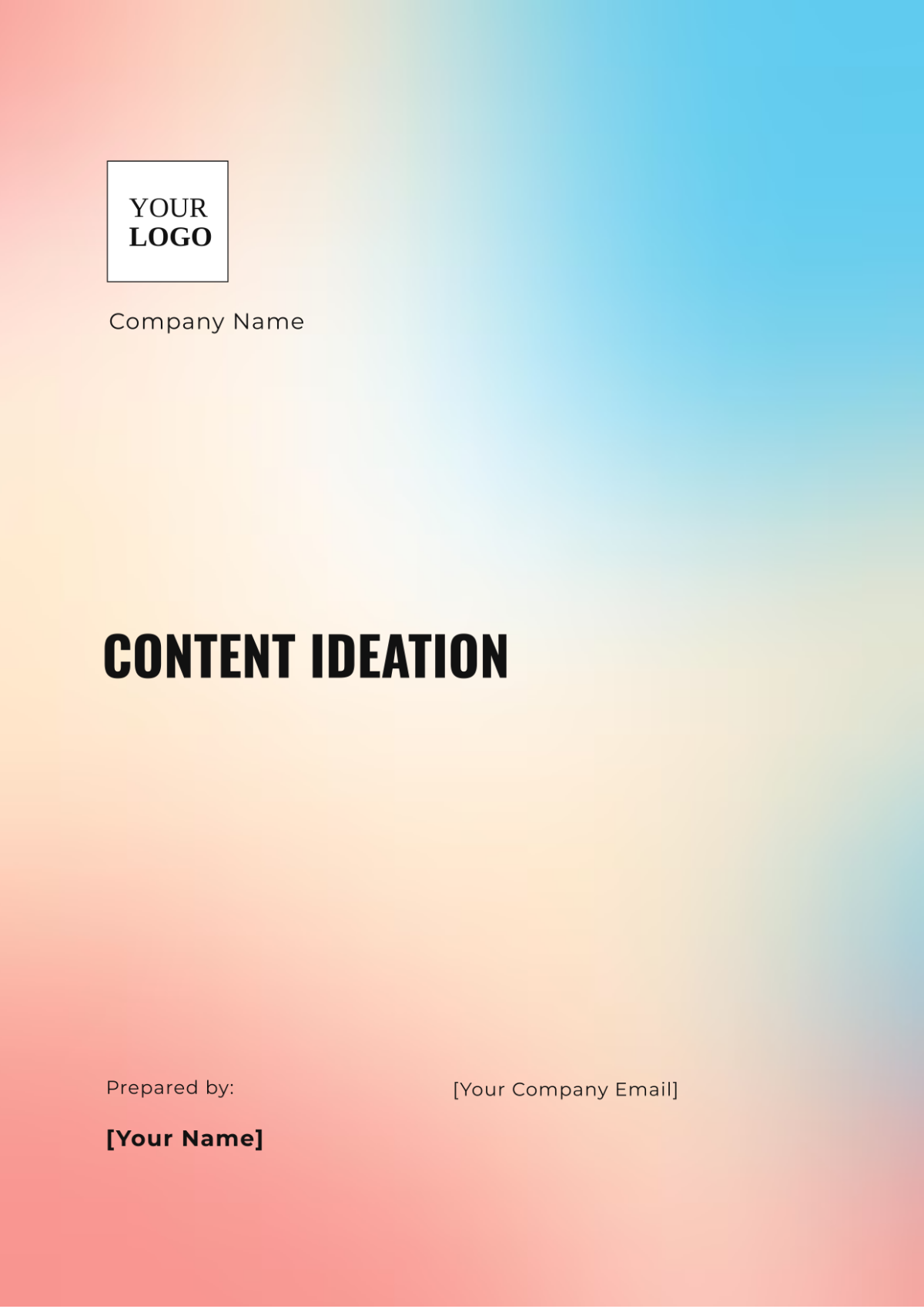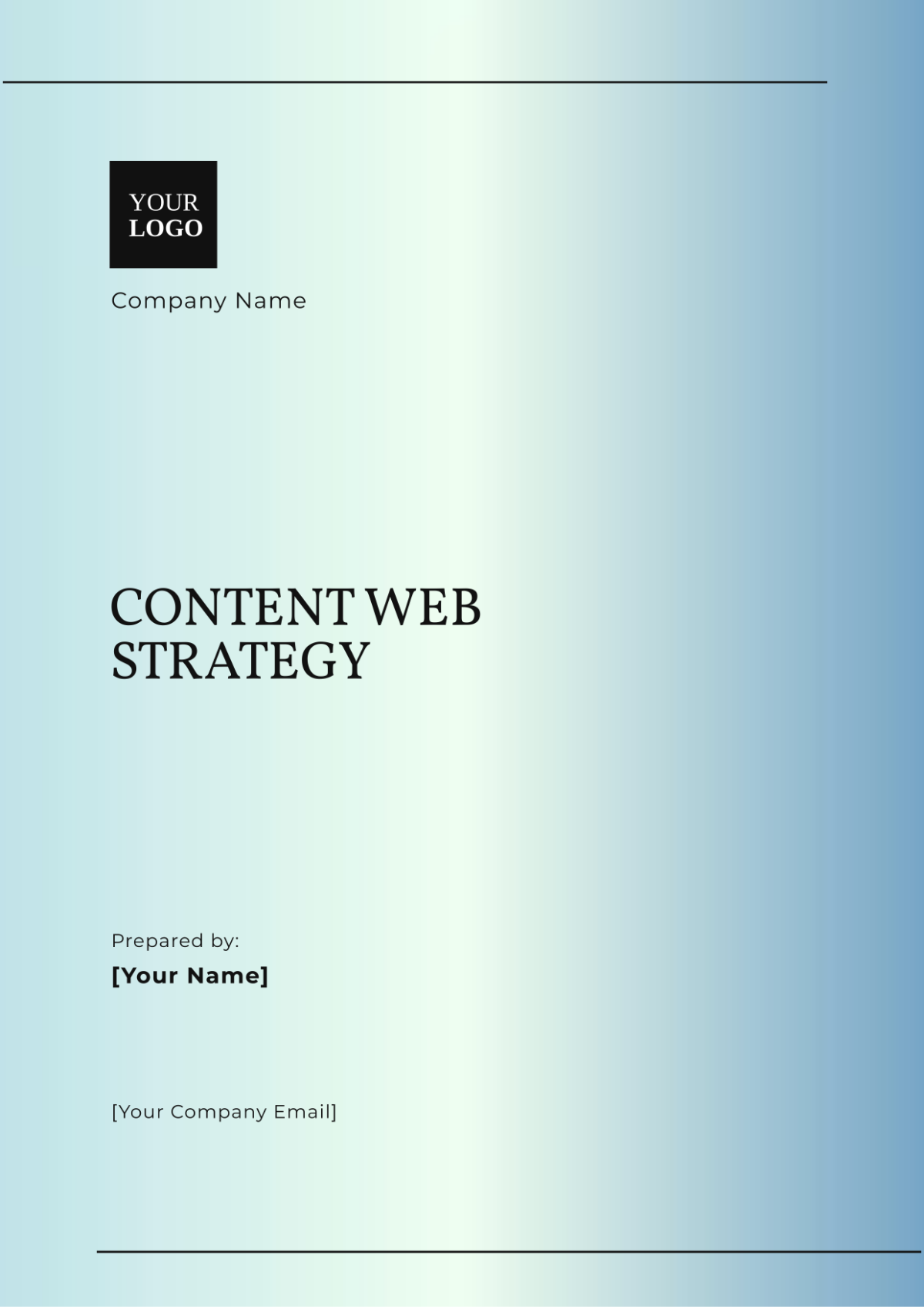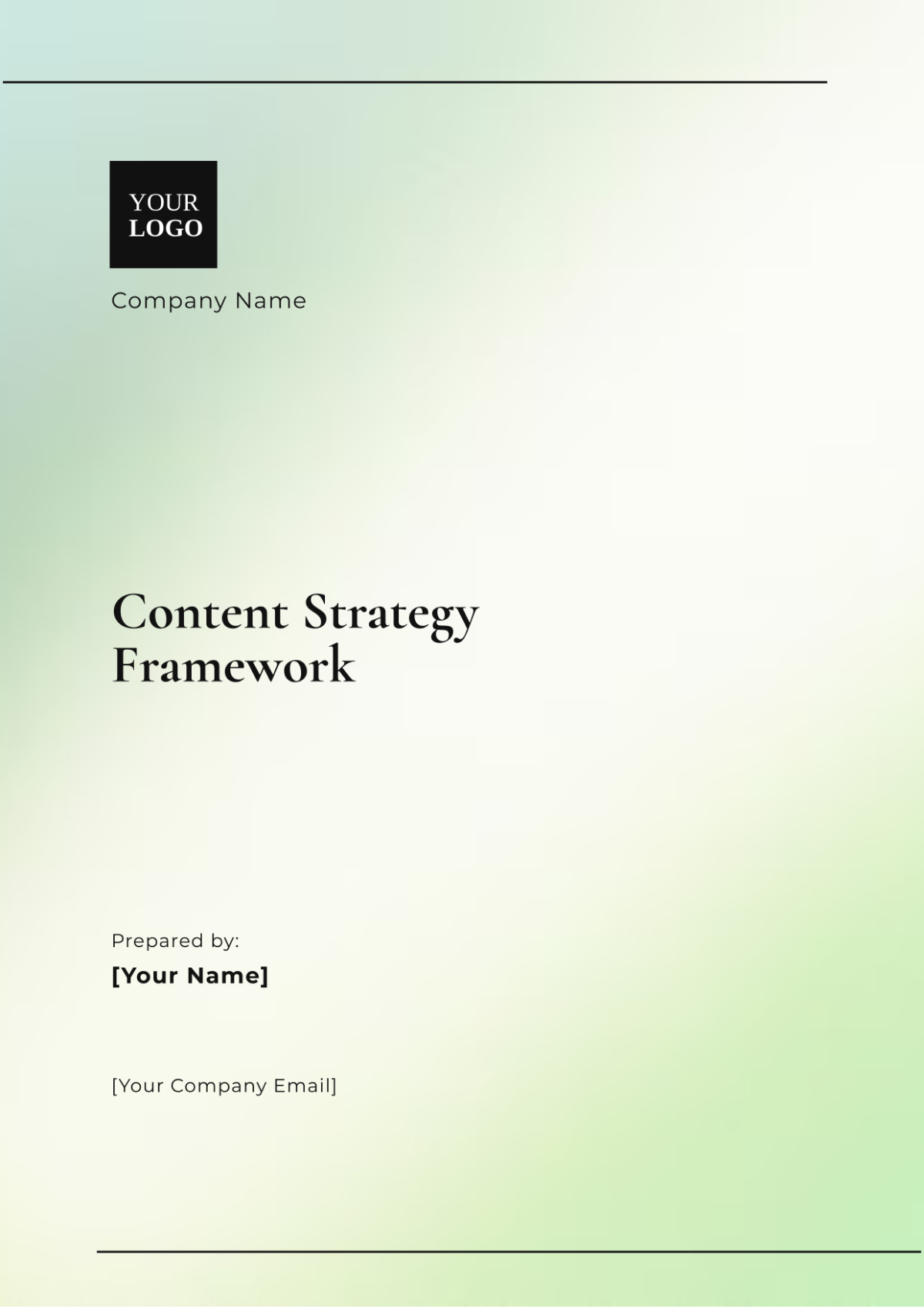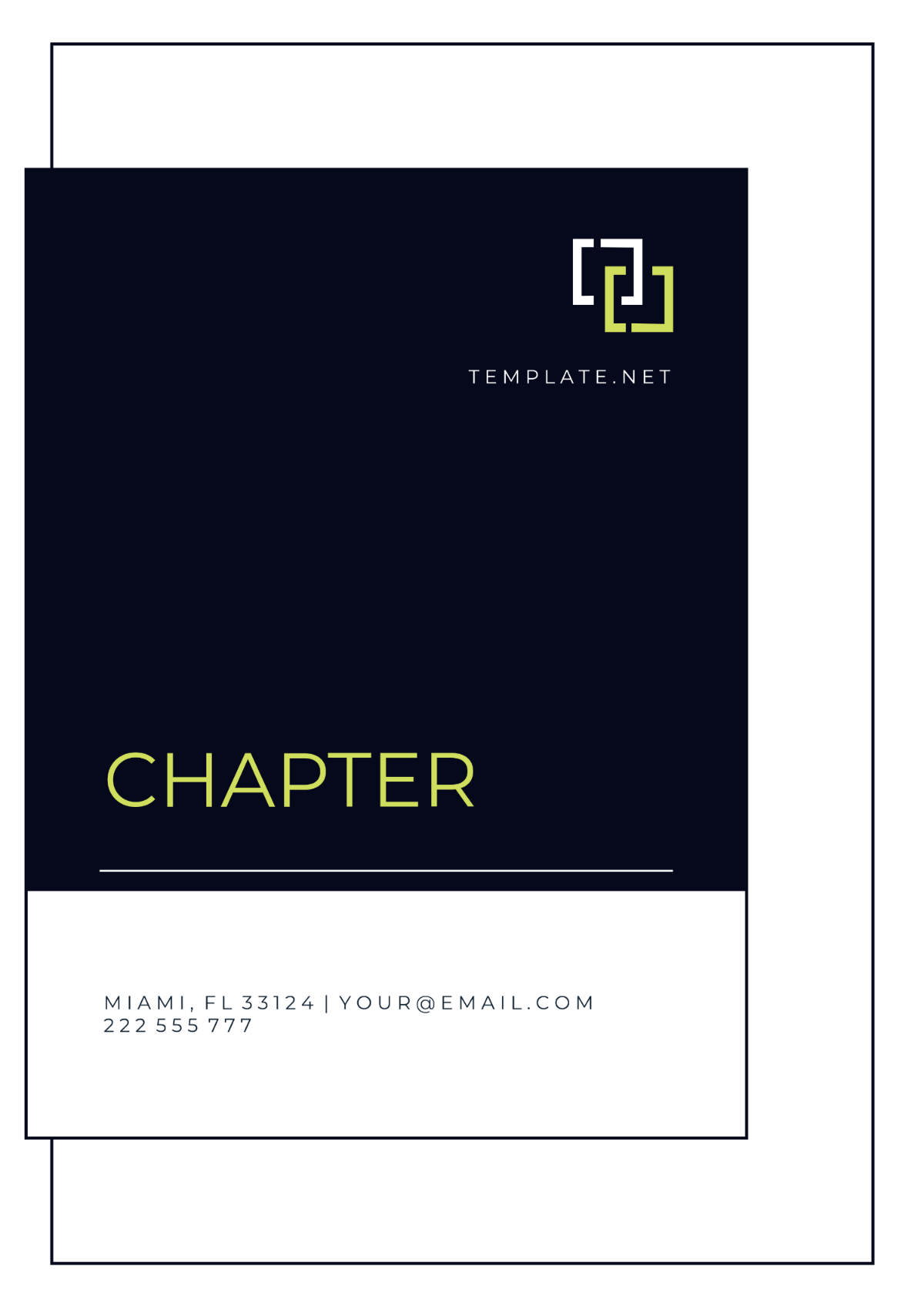Content Marketing Curriculum
Introduction
At [Your Company Name], our intention is to cultivate an environment where our marketing team not only grasps the essentials of content marketing but also masters the nuanced strategies that drive successful campaigns. This curriculum has been meticulously crafted to empower team members to ideate, create, distribute, and analyze impactful content that resonates with our target audience and aligns with our brand ethos.
The Importance of Comprehensive Training:
Content marketing stands as a pillar for establishing a solid online presence and engaging potential customers effectively. The constant evolution of online platforms and user behavior necessitates that our team is perpetually armed with the latest skills and knowledge to navigate through the fluctuating digital landscape.
Why Is Training Crucial?
Equip the team to adapt to the rapid changes in digital marketing trends.
Ensure that our marketing strategies are innovative, thereby providing us with a competitive edge.
Uphold and convey our brand message consistently across all platforms and content.
Expected Outcomes:
Improved content quality and relevance.
Enhanced online visibility and audience engagement.
Steady growth in lead generation and conversion rates.
Tailoring Strategies to [Your Company Name]:
Understanding the unique ethos, objectives, and challenges is crucial for implementing a successful content marketing strategy. Therefore, the curriculum will weave in aspects that are specifically tailored to our brand to ensure that the strategies devised are both applicable and potent in a practical business context.
Customizing Content to Reflect Our Brand:
Ensuring all content adheres to our brand’s voice and tone, creating a consistent and recognizable presence across all platforms.
Maintaining visual coherence in all pieces of content, strengthening brand recognition.
Highlighting our unique selling propositions and core values through every piece of content.
Tactical Application:
Crafting strategies that address our specific target demographic and market position.
Aligning content with our business objectives, such as lead generation, customer retention, and brand awareness.
Continuous analysis and optimization of our strategies based on performance data and evolving market trends.
This section underlines the pivotal role of specialized, in-depth training in content marketing and emphasizes the necessity of aligning every piece of content and strategy with the inherent characteristics of [Your Company Name]. This curriculum is sculpted to intertwine theory with practicality, ensuring that our team is proficient in both devising and executing impactful content marketing strategies.
Module 1: Introduction to Content Marketing
Duration: 2051, January 5 - 2051, January 12
Defining Content Marketing: In this initial phase, participants will explore the realms of content marketing, diving deep into its purpose, methodologies, and the impact it can carve in the digital space.
a. Concepts to Cover:
i. What is content marketing?
ii. The purpose and goals of content marketing.
iii. The relationship between content marketing and traditional marketing.
The Strategic Role of Content Marketing: This section will navigate through the strategic pathways, showcasing how content marketing dovetails with business objectives and propels brands towards their goals.
a. Concepts to Cover:
i. Developing a content marketing strategy.
ii. Aligning content marketing with business goals and objectives.
iii. Case studies exploring successful content marketing strategies.
Content Marketing and Customer Journey: An exploration into how content marketing plays a vital role in guiding customers through their journey, from awareness to conversion and retention.
a. Concepts to Cover:
i. Mapping content to different stages of the customer journey.
ii. Creating content that addresses customer pain points and needs.
iii. User personas and content personalization.
Platforms and Channels in Content Marketing: Understanding various platforms and choosing the right channels are pivotal in ensuring that the content reaches its intended audience and performs optimally.
a. Concepts to Cover:
i. Overview of various content platforms (blogs, videos, podcasts, etc.)
ii. Selecting appropriate channels for content distribution.
iii. Multichannel content marketing strategy.
Key Activities:
Activity | Details |
Workshops | A hands-on workshop where participants will create a skeleton of a content marketing strategy using the insights and methodologies discussed during the lectures. |
Group Discussions | Analyzing and discussing various successful content marketing campaigns to decipher the strategies and tactics deployed and understand their impact on the brand’s growth and visibility. |
Case Studies | Exploring various case studies that highlight both successful and unsuccessful content marketing campaigns, understanding the strategies deployed, and discussing key takeaways and learnings. |
Evaluation:
Assignment: Participants will be tasked to craft a basic content marketing strategy for a hypothetical brand, considering all the aspects covered during the module.
Quiz: A brief quiz focusing on the key concepts discussed during the module.
By the end of Module 1, participants at [Your Company Name] should have a robust understanding of the foundational concepts of content marketing, enabling them to recognize its significance in driving brand visibility, engagement, and conversions in the digital domain. Subsequent modules will build upon this foundation, delving deeper into specific aspects of content marketing.
Module 2: Content Creation
Duration: 2051, February 1 - 2051, February 28
Ideation and Conceptualization: Unlocking creativity and ensuring that content ideas align with brand objectives and audience preferences.
a. Concepts to Cover:
i. Brainstorming techniques and idea validation.
ii. Aligning ideas with brand identity and audience needs.
iii. Editorial calendar creation and content planning.
Content Format and Types: Exploring various formats and determining the appropriate medium that effectively communicates the intended message.
a. Concepts to Cover:
i. Overview of content types: Blogs, Videos, Infographics, etc.
ii. Determining the right format for different messages and campaigns.
iii. Tailoring content formats to different platforms and audience segments.
Writing and Editing Techniques: Enhancing writing skills to craft compelling narratives and editing to ensure clarity, conciseness, and coherence in communication.
a. Concepts to Cover:
i. Crafting compelling headlines and engaging introductions.
ii. Ensuring readability and accessibility in writing.
iii. Editing for clarity and error-free content.
Visual Content Creation: Developing visual content that not only grabs attention but also communicates the brand message effectively and consistently.
a. Concepts to Cover:
i. Principles of design and visual communication.
ii. Tools and software for visual content creation.
iii. Consistency in visual branding across all content.
Key Activities:
Activity | Details |
Workshops | A step-by-step workshop to convert a raw idea into a tangible piece of content, covering the stages of ideation, planning, creation, and refinement. |
Brainstorming Sessions | Structured sessions aimed at collating diverse ideas and formulating fresh content topics that align with the brand’s upcoming campaigns and audience interests. |
Writing Workshops | Dedicated sessions to explore various writing styles, tones, and techniques suitable for different content types and platforms. |
Practical Sessions | Hands-on sessions with various visual content creation tools, practicing the principles of design discussed during the lectures. |
Evaluation:
Assignment: Participants will create a piece of content (article, infographic, or video) from conception to completion, implementing the strategies and techniques learned.
Peer Review: Teams will evaluate each other's content based on set criteria like alignment with brand, creativity, and technical execution.
Module 2 will provide the [Your Company Name] team with a comprehensive understanding and practical experience in content creation, ensuring that they are well-equipped to construct impactful, brand-aligned content that captivates and converts our target audience across various platforms.
Module 3: SEO and Content Optimization
Duration: 2051, March 7 - 2051, March 31
Fundamentals of SEO: Understanding the bedrock principles of SEO and its significance in enhancing online visibility and traffic.
a. Concepts to Cover:
i. Understanding search engines and how they work.
ii. Introduction to SEO: Importance, impact, and basic principles.
iii. Overview of keyword research and analysis.
On-Page SEO Techniques: Delving into the techniques that enhance the search engine visibility of content, adhering to SEO best practices.
a. Concepts to Cover:
i. Meta tags, heading tags, and keyword placement.
ii. Content formatting and user experience.
iii. URL structuring and internal linking.
Off-Page SEO Strategies: Unpacking strategies outside of the actual website that enhance its reputation and visibility online.
a. Concepts to Cover:
i. Building and earning backlinks.
ii. Social signals and content sharing.
iii. Brand mentions and influencer collaborations.
Content Optimization: Harnessing SEO insights to sculpt content that is both user-friendly and search-engine friendly.
a. Concepts to Cover:
i. Optimizing content for readability and keyword relevancy.
ii. Image optimization and multimedia inclusion.
iii. Crafting SEO-friendly headlines and descriptions.
Key Activities:
Activity | Details |
Workshops | A hands-on workshop focusing on mastering keyword research, identifying keyword opportunities, and incorporating them seamlessly into content. |
Group Discussions | A platform for participants to discuss the various SEO challenges they’ve encountered and brainstorm possible solutions together. |
Guest Lectures | An interactive session with an industry expert focused on advanced link-building strategies and tips for securing high-quality backlinks. |
Case Study Analysis | Analyzing brands that have successfully leveraged SEO to skyrocket their online visibility, dissecting their strategies, and discussing takeaways. |
Evaluation:
Assignment: Participants will optimize an existing piece of content, applying on-page SEO techniques, and craft a backlink-building strategy for the same.
Peer Review: Teams will assess each other's optimized content and backlink strategies, providing constructive feedback and alternative approaches.
Module 3 will empower the team at [Your Company Name] with the knowledge and practical skills to enhance the SEO of our content, ensuring that it is not only discoverable and accessible but also provides value to our audience and aligns with their search intent. The subsequent modules will delve deeper into additional strategies to maximize the impact of our content in the digital realm.
Module 4: Content Distribution and Promotion
Duration: 2051, April 10 - 2051, April 30
Distribution Channels and Platforms: Navigating through the myriad of content distribution platforms and understanding their unique attributes and audience demographics.
a. Concepts to Cover:
i. Overview of primary and secondary distribution channels.
ii. Understanding audience demographics and behavior on different platforms.
iii. Tailoring content format and message for various platforms.
Content Promotion Strategies: Learning the art of content promotion through both organic and paid avenues to maximize reach and impact.
Concepts to Cover:
i. Organic vs. Paid promotion: understanding and strategizing.
ii. Crafting compelling CTAs and utilizing promotional tools.
iii. Influencer collaborations and affiliate marketing.
Social Media and Content Marketing: Exploring the realms of social media and understanding how to leverage its power for content marketing.
a. Concepts to Cover:
i. Integrating social media into the content marketing strategy.
ii. Utilizing social media advertising for content promotion.
iii. Engaging and building communities on social platforms.
Analyzing and Optimizing Distribution: Ensuring that content distribution is not just widespread but also effective by diving into analytics and optimization.
a. Concepts to Cover:
i. Analyzing distribution data and user engagement.
ii. Optimizing distribution channels and strategies based on analytics.
iii. A/B testing for promotional campaigns.
Key Activities:
Activity | Details |
Workshops | A detailed workshop involving real-time promotion of a piece of content, analyzing results and iterating strategies. |
Platform Exploration | Engaging sessions to explore the nuances, functionalities, and audience behaviors of various distribution platforms. |
Social Media Challenges | Teams will engage in a friendly competition to create and promote content on social media, aiming for maximum engagement and reach. |
Guest Lectures | A session led by a seasoned social media marketer to delve into advanced strategies for content promotion on social platforms. |
Evaluation:
Assignment: Teams will create and execute a full-fledged distribution and promotion strategy for a newly created piece of content, leveraging multiple channels.
Peer Review: Participants will assess the effectiveness of each other’s promotional strategies, offering feedback and suggestions for improvement.
Module 4, embedded with strategic insights and practical exercises, will ensure that the [Your Company Name] team is adept at distributing and promoting content effectively across various platforms. Ensuring that our valuable content does not just exist but thrives and engages our target audience, ultimately driving them towards desired actions and interactions with our brand. This module will be pivotal in utilizing content not just as a tool for communication but also as a lever for business growth and audience development.
Additional Notes
All modules will be supplemented with practical examples and real-life case studies.
Assessment will be based on assignments, quizzes, and a final project.
Certificates will be awarded upon successful completion of the curriculum.
[Your Company Name] is committed to providing hands-on, interactive, and insightful learning experiences to empower our team in driving successful content marketing campaigns.
Conclusion
The "Content Marketing Mastery" curriculum for [Your Company Name] is meticulously crafted to foster a profound understanding and practical proficiency in each facet of content marketing. From the initial stages of content creation through to sophisticated strategies for SEO, distribution, and promotion, each module is designed not only to impart knowledge but also to instill practical skills and strategic thinking among the team members. May every module catalyze innovative thinking, strategic planning, and adept execution in all content marketing initiatives at [Your Company Name], propelling the brand towards unparalleled digital success and sustained growth in the coming years.
Marketing Template @ Template.net
